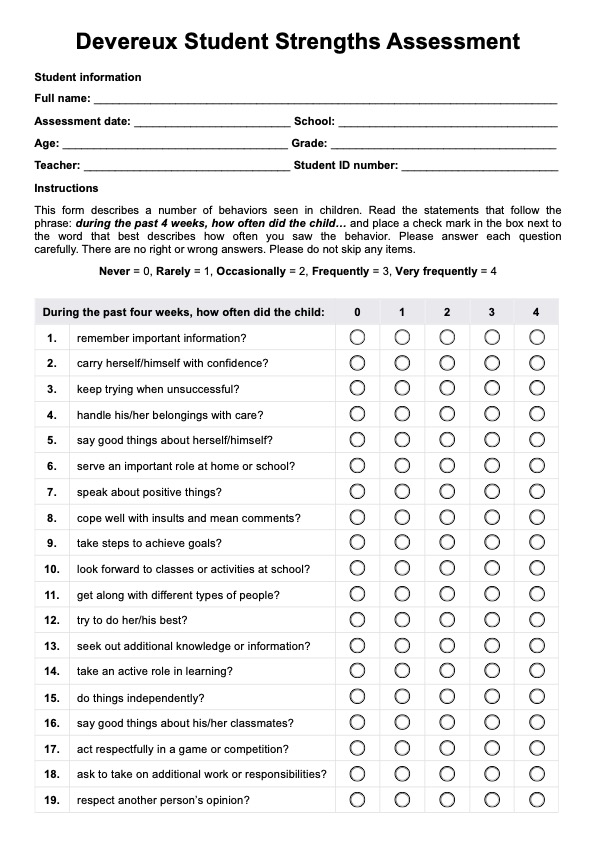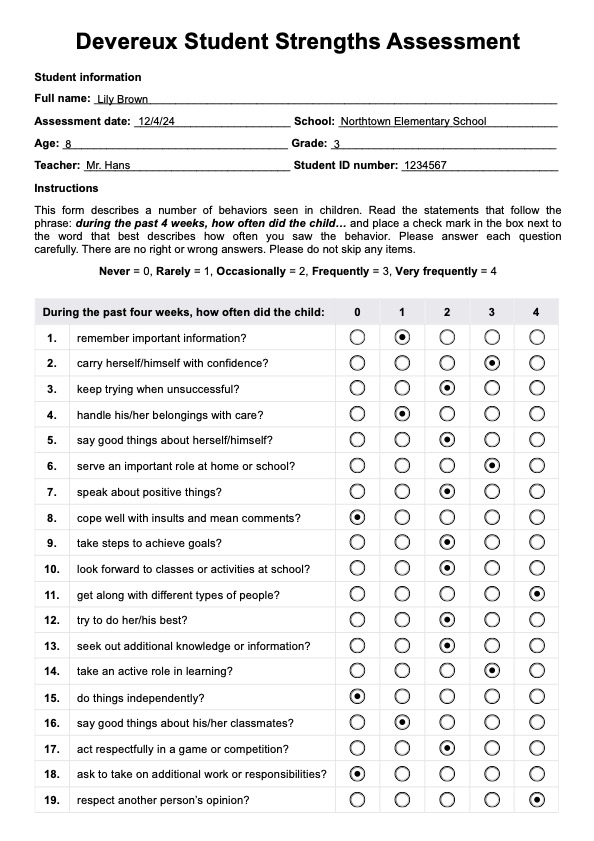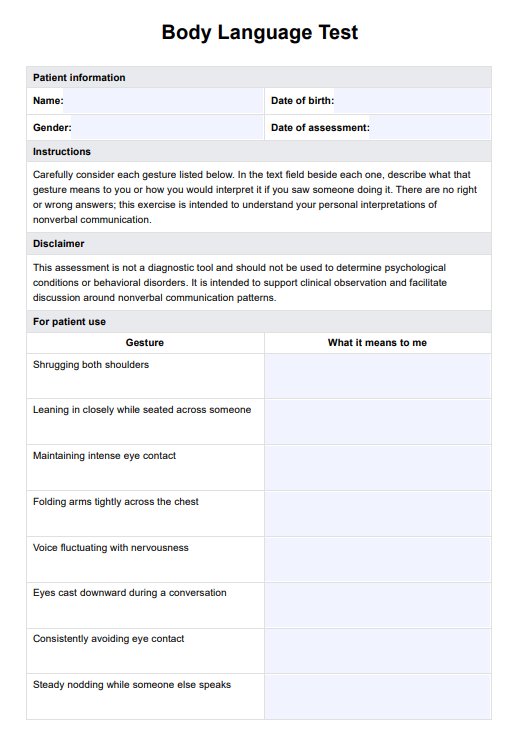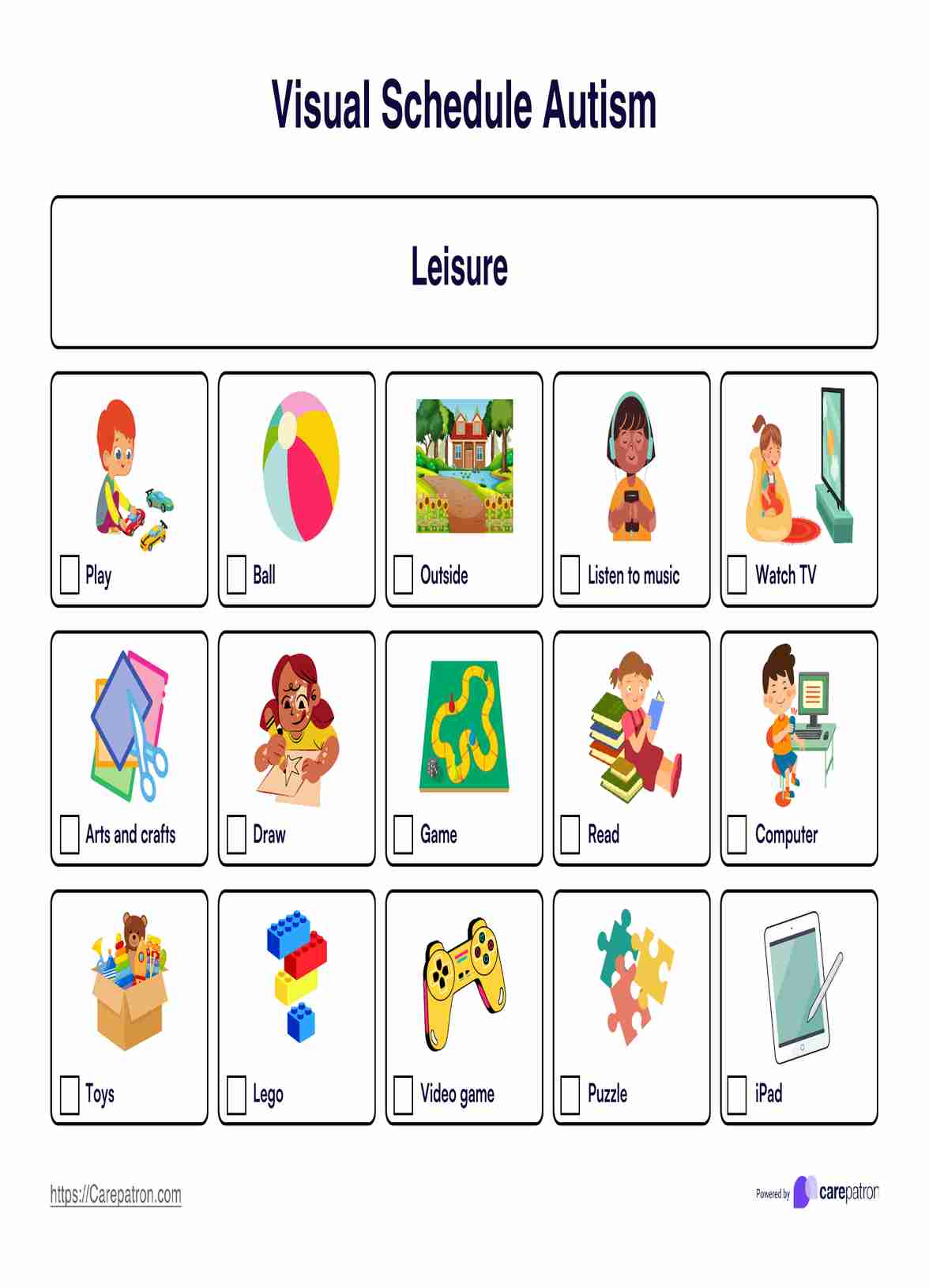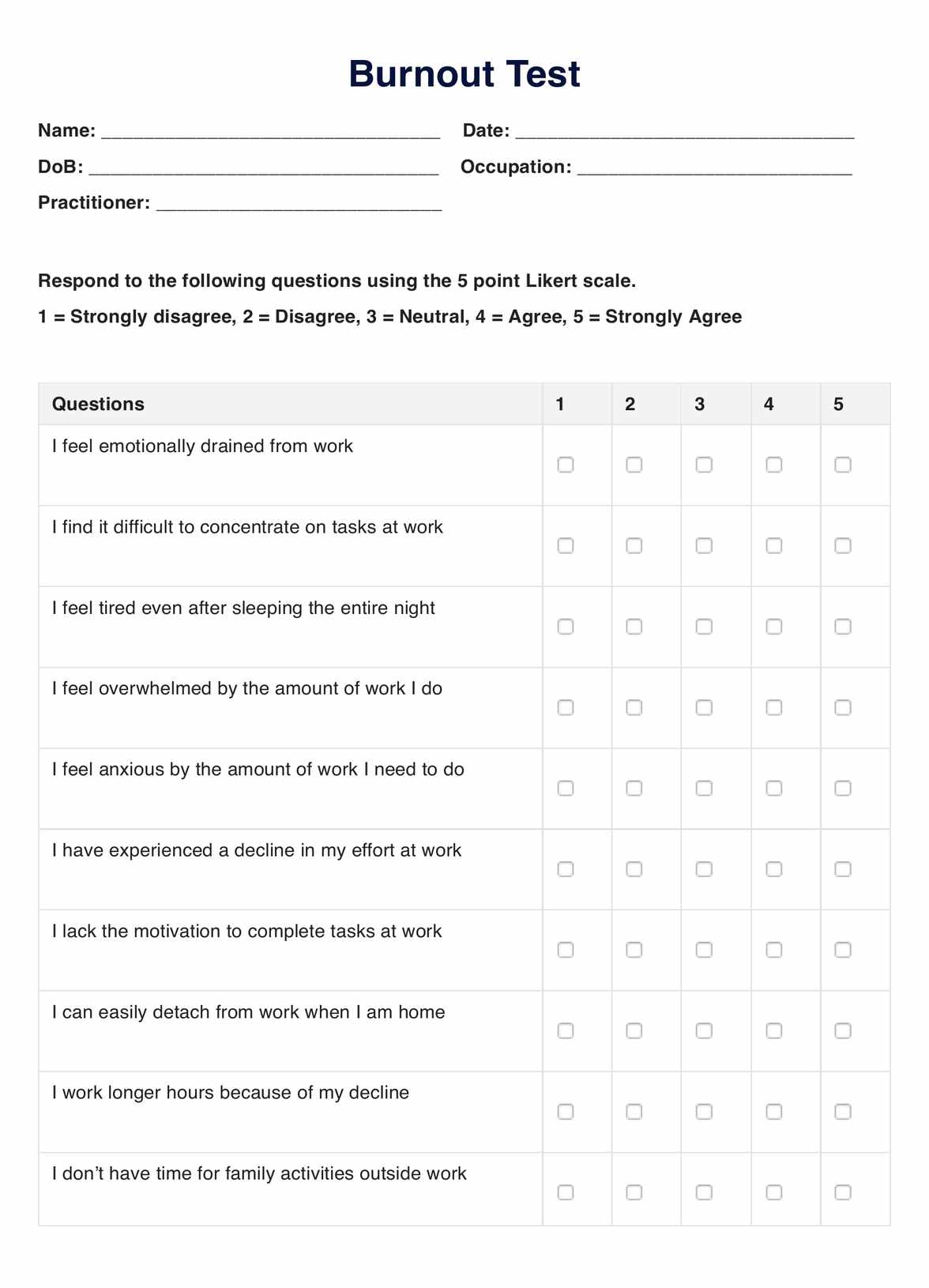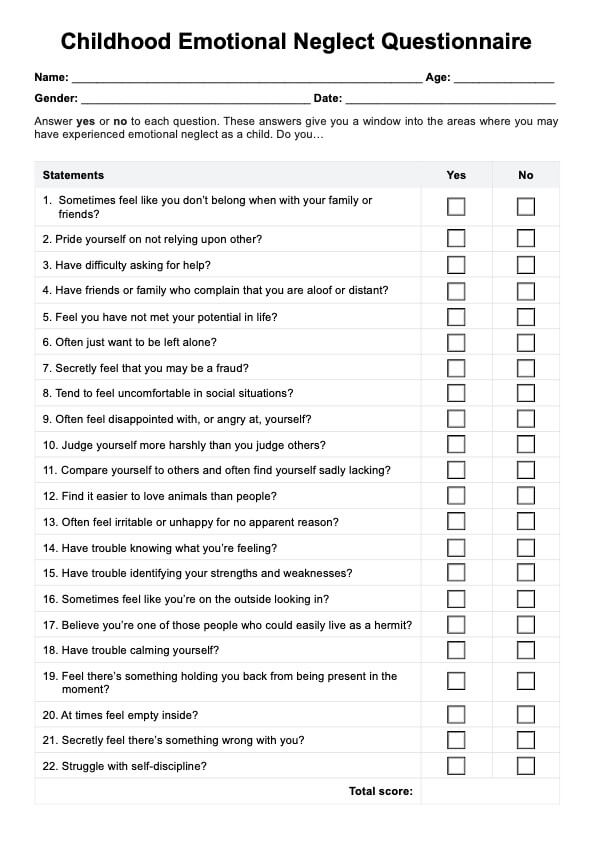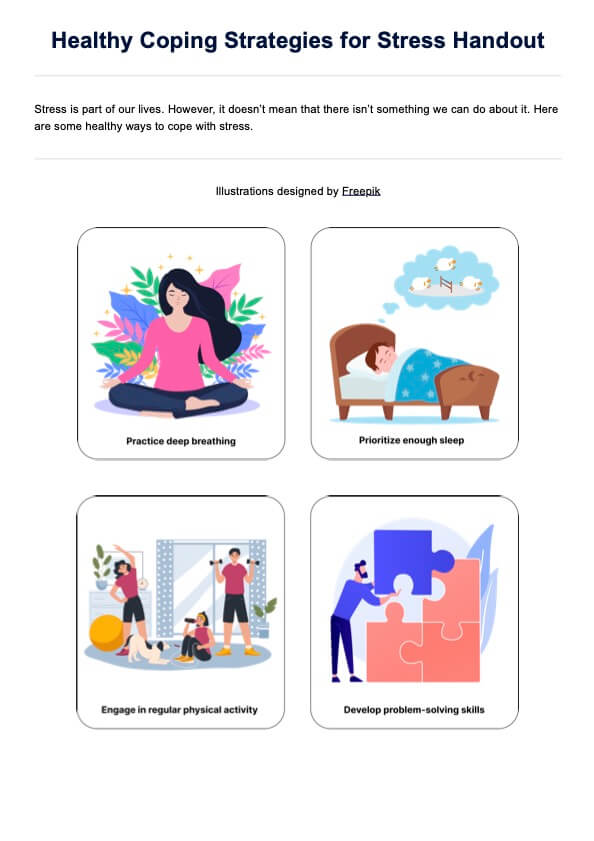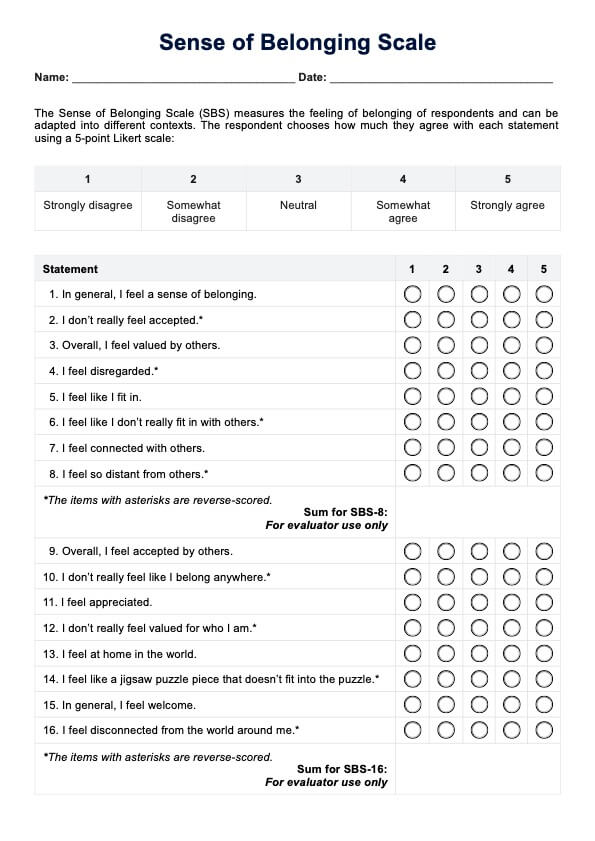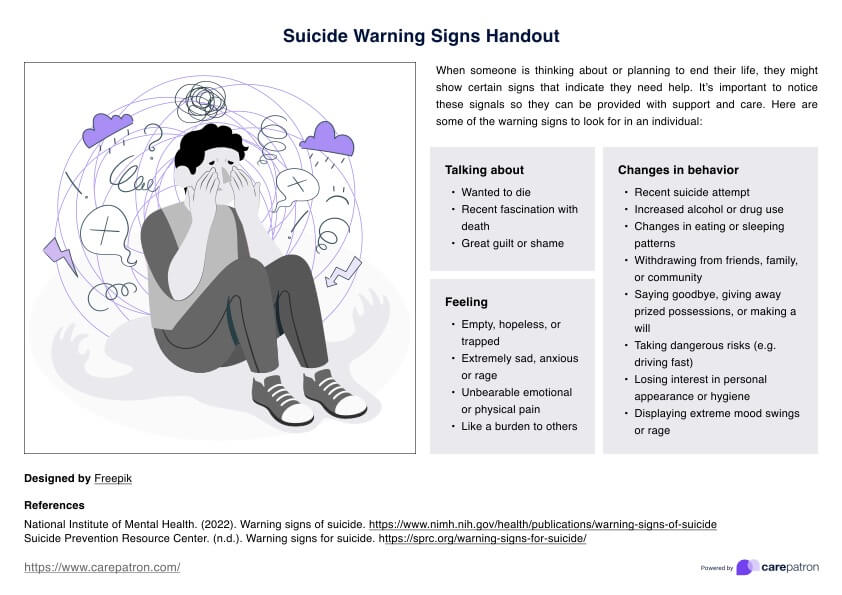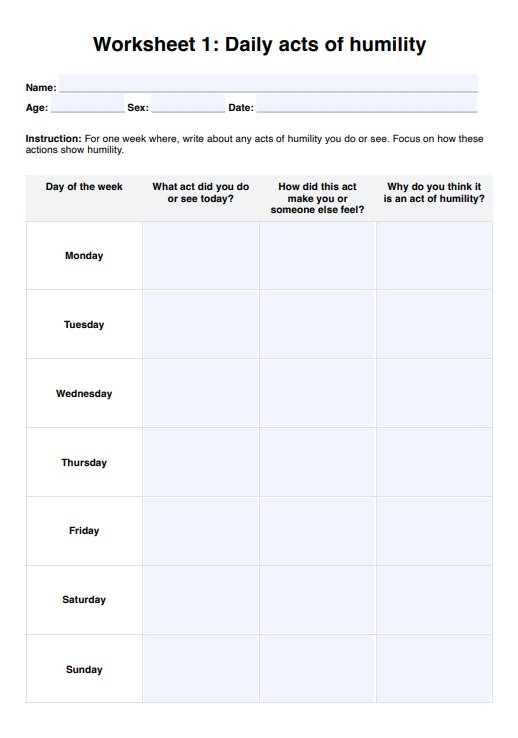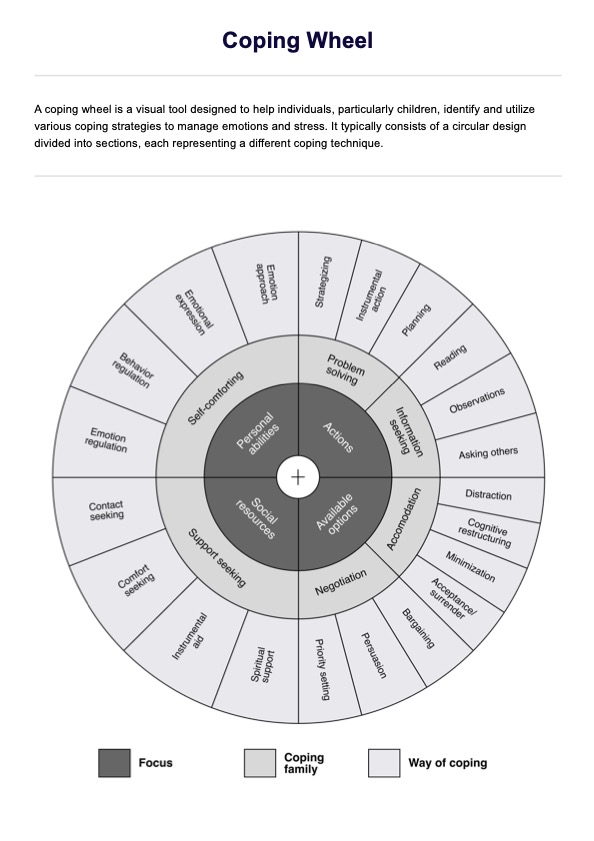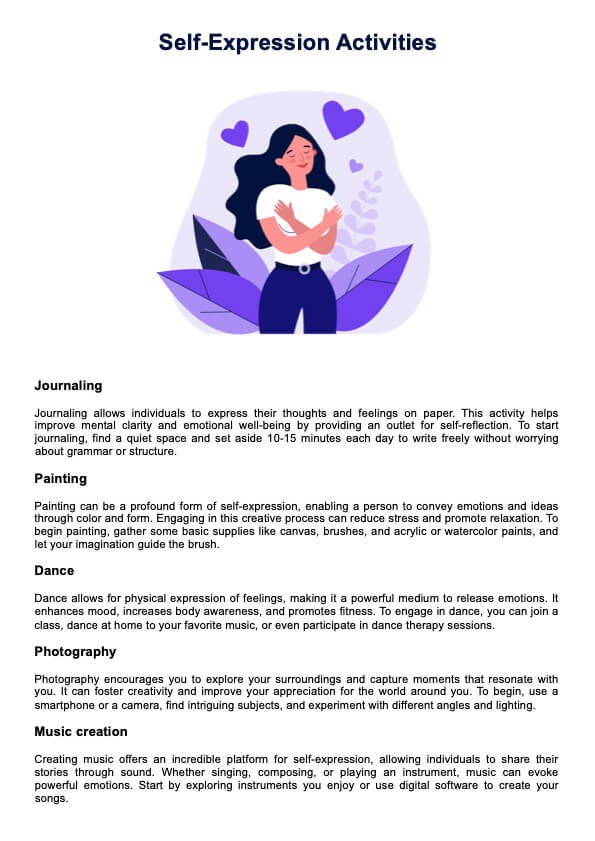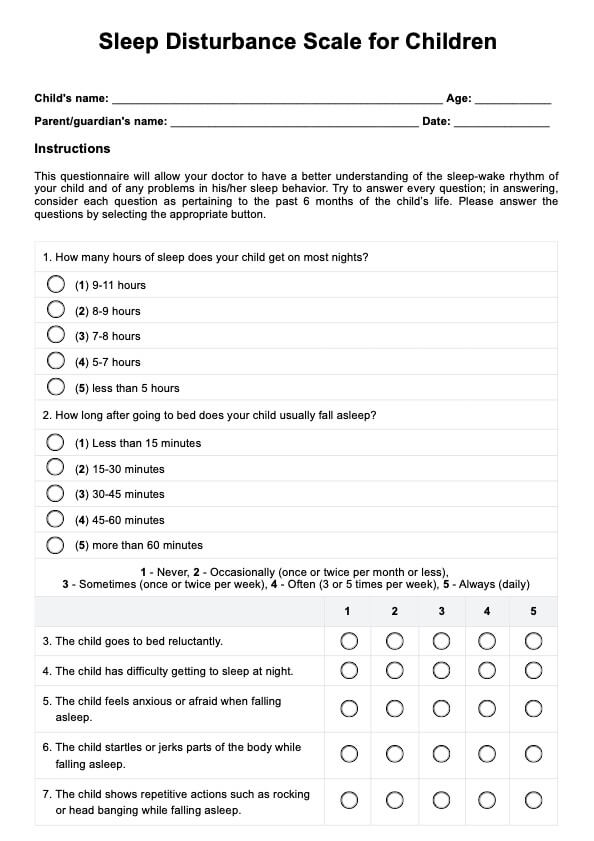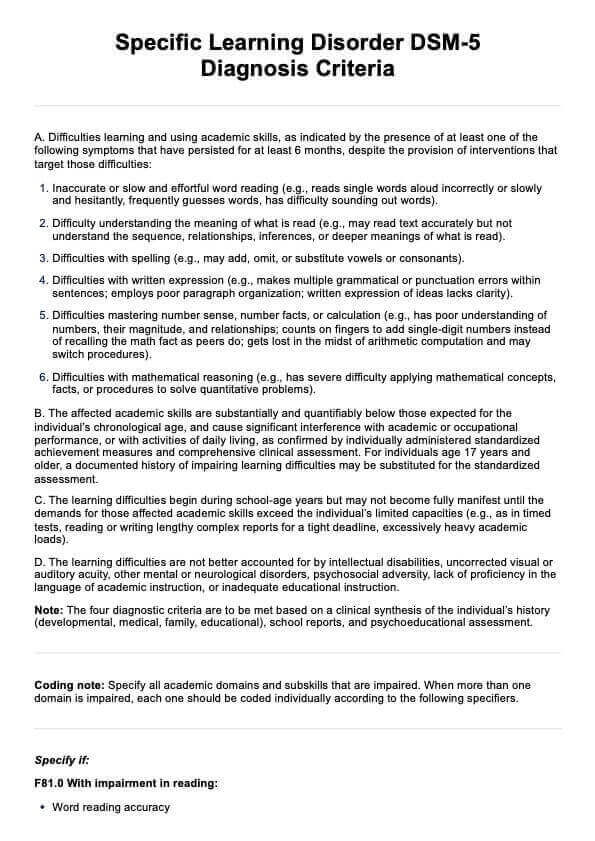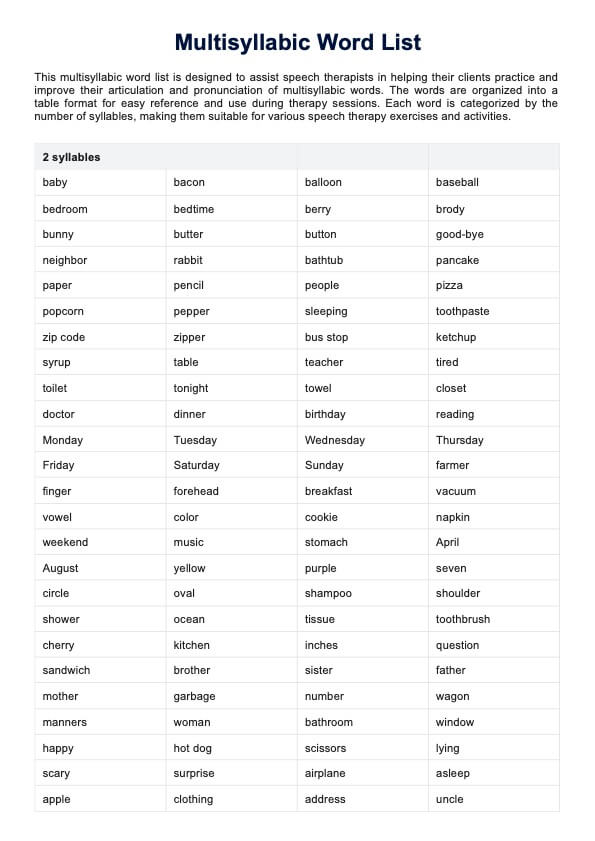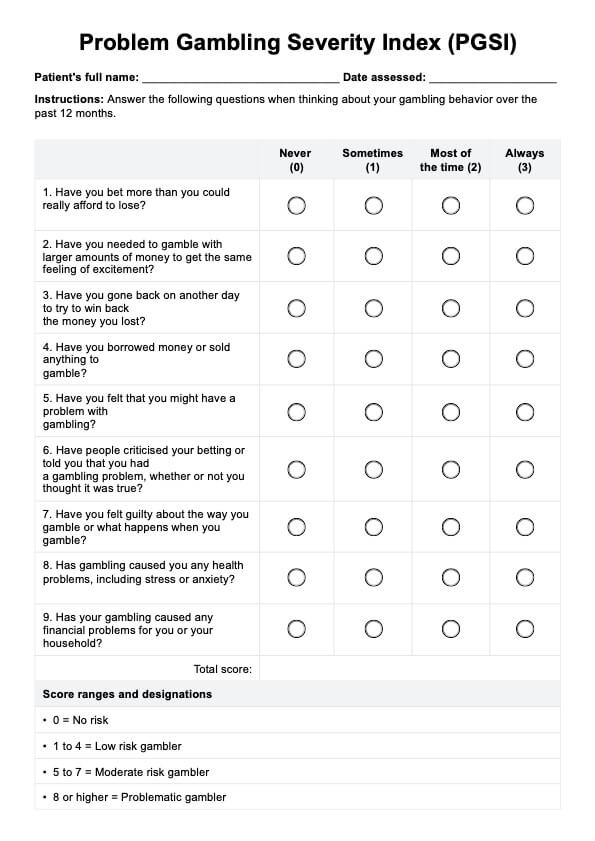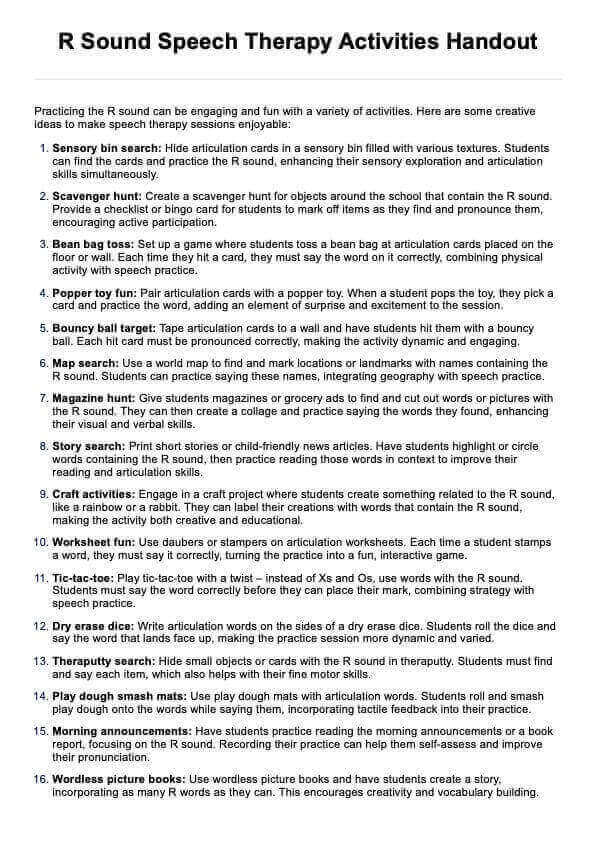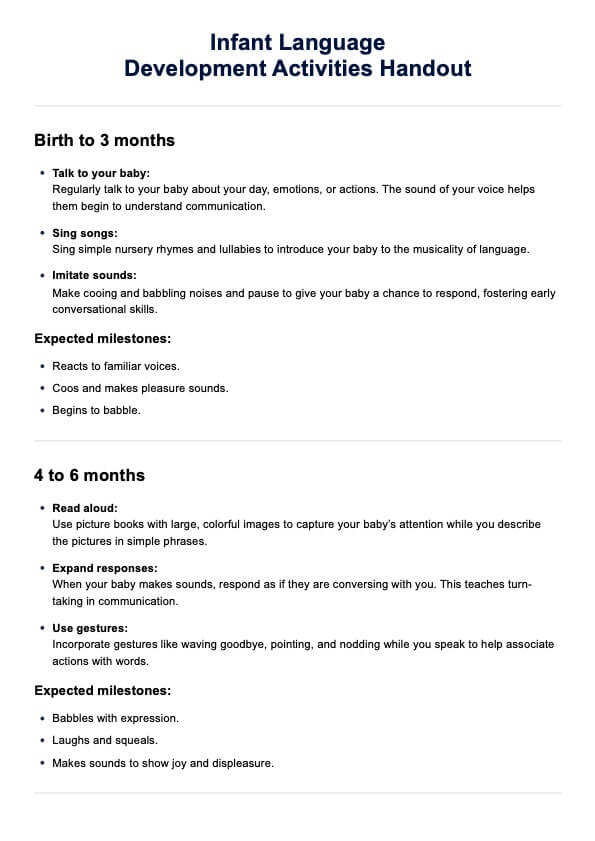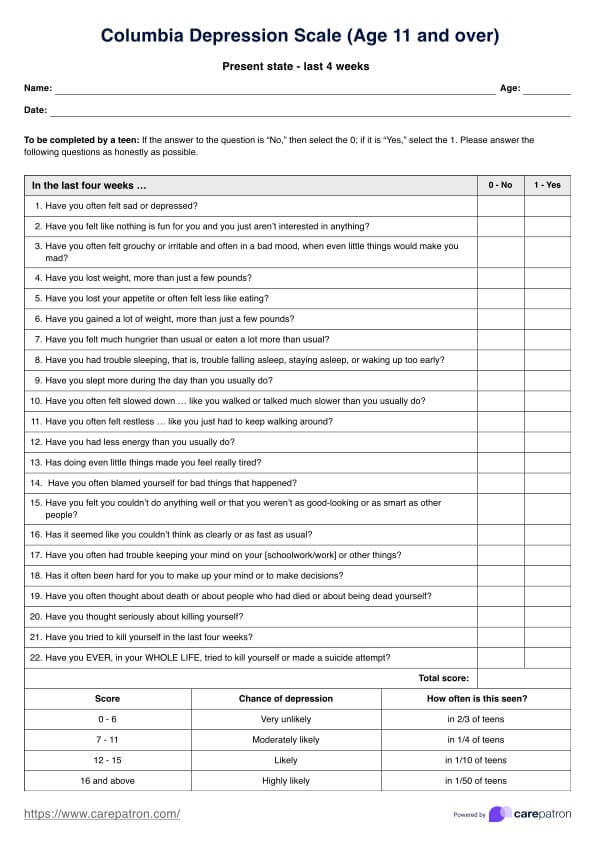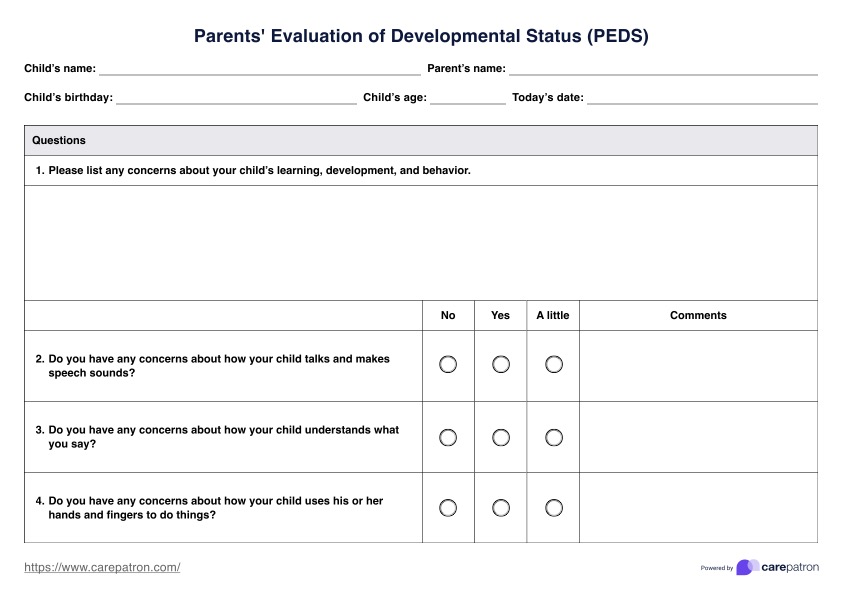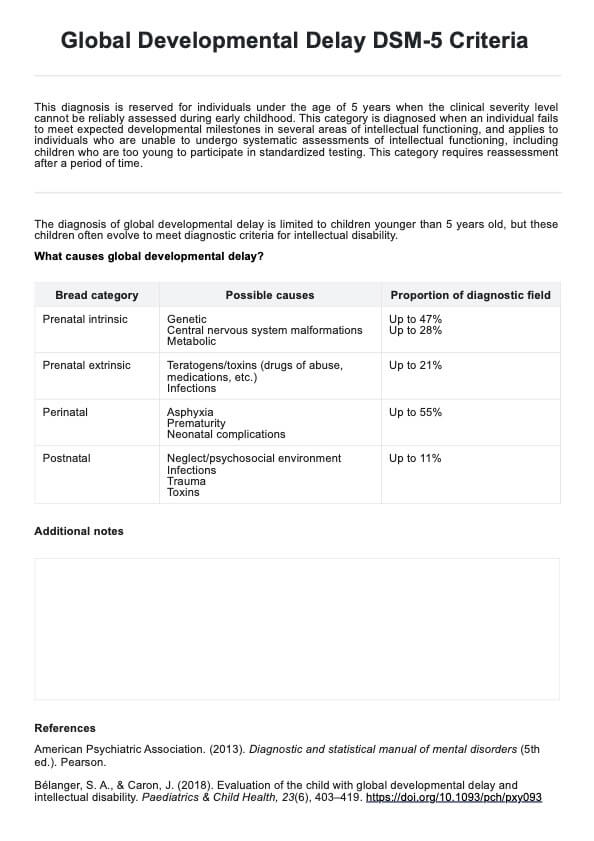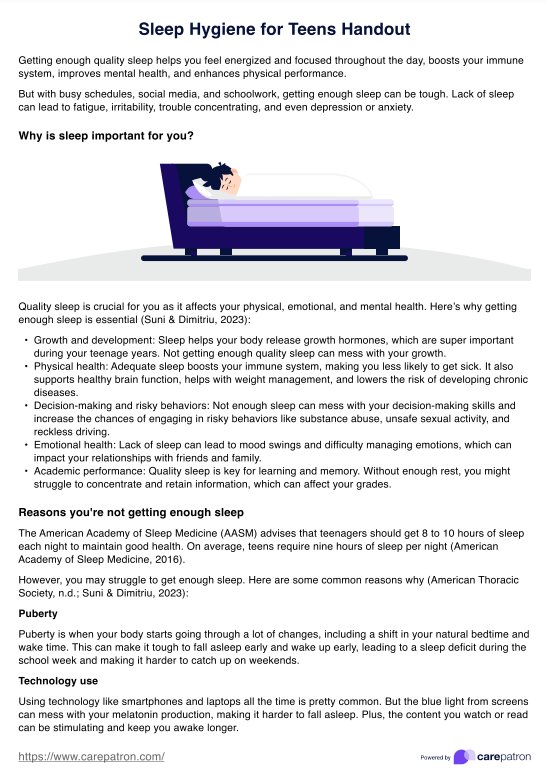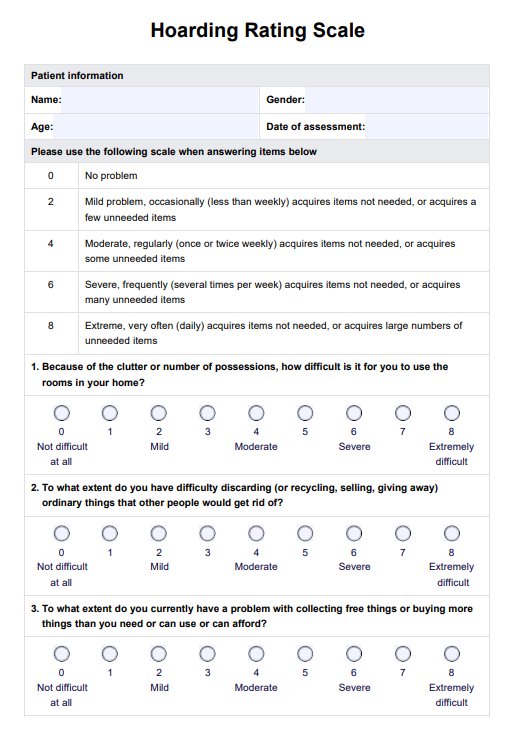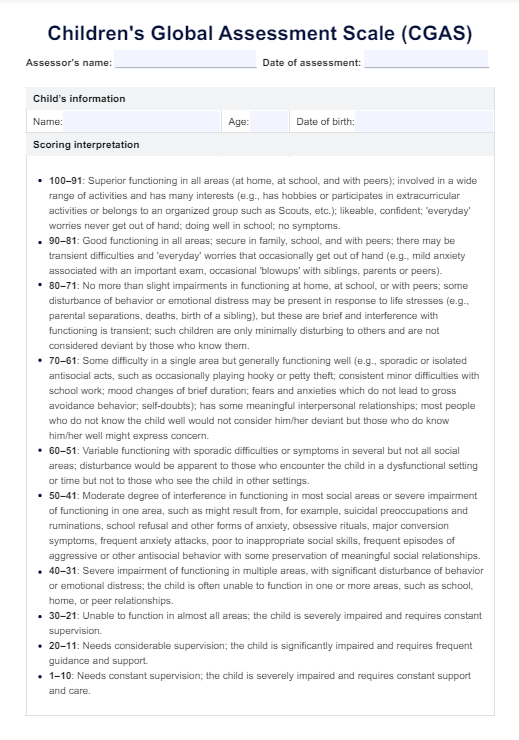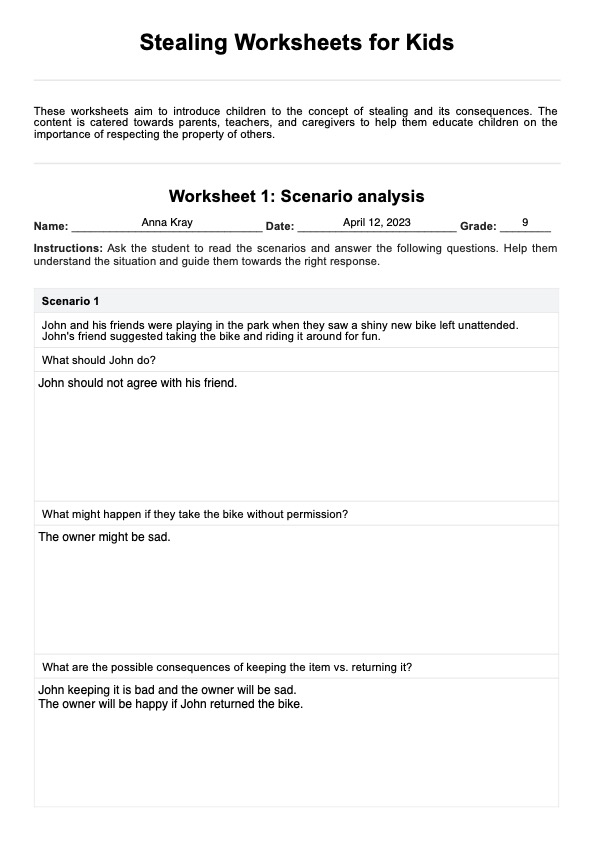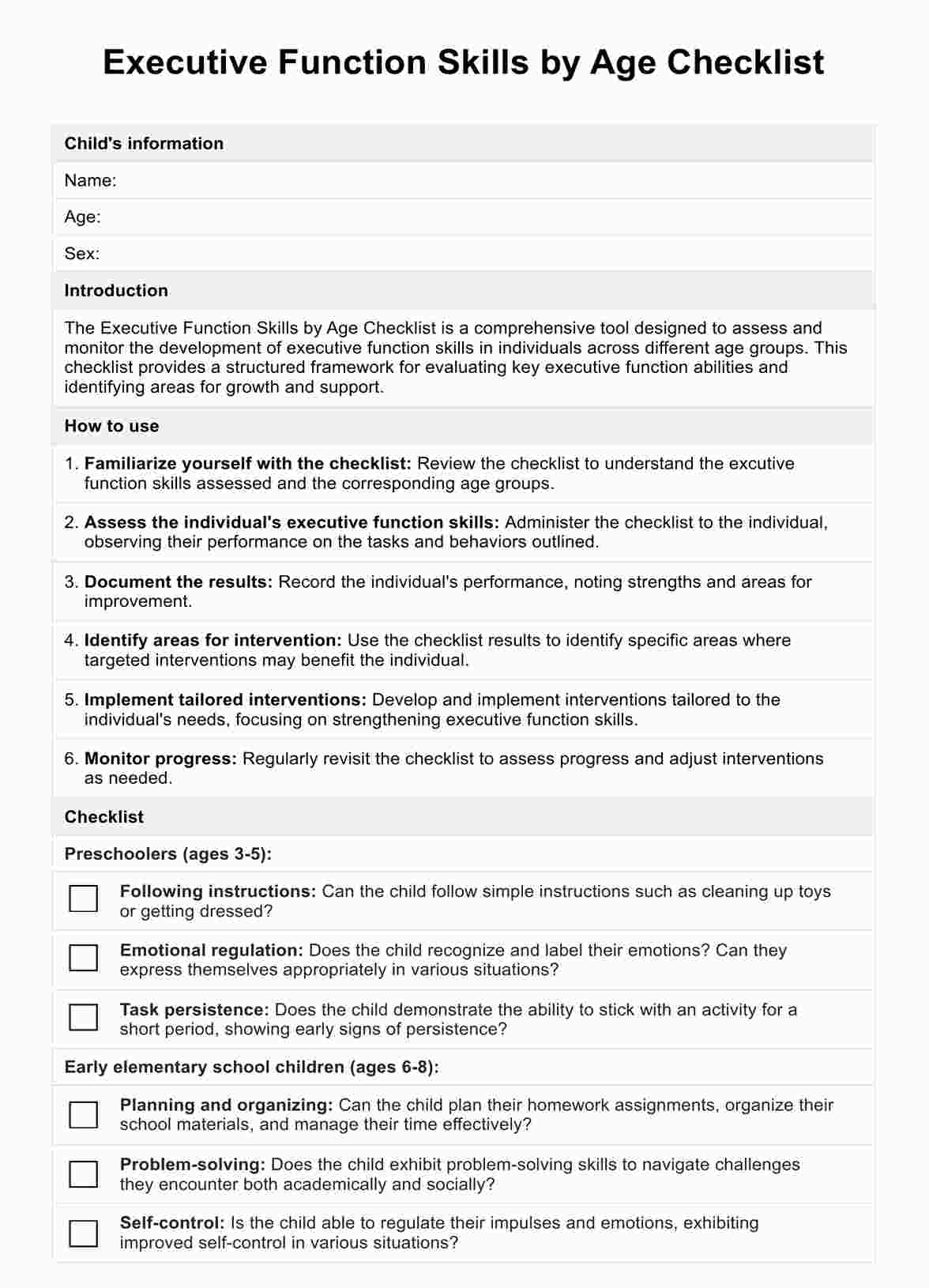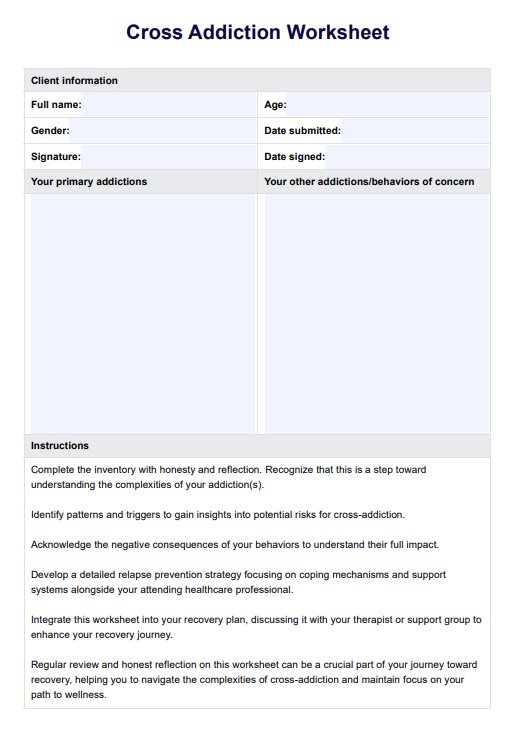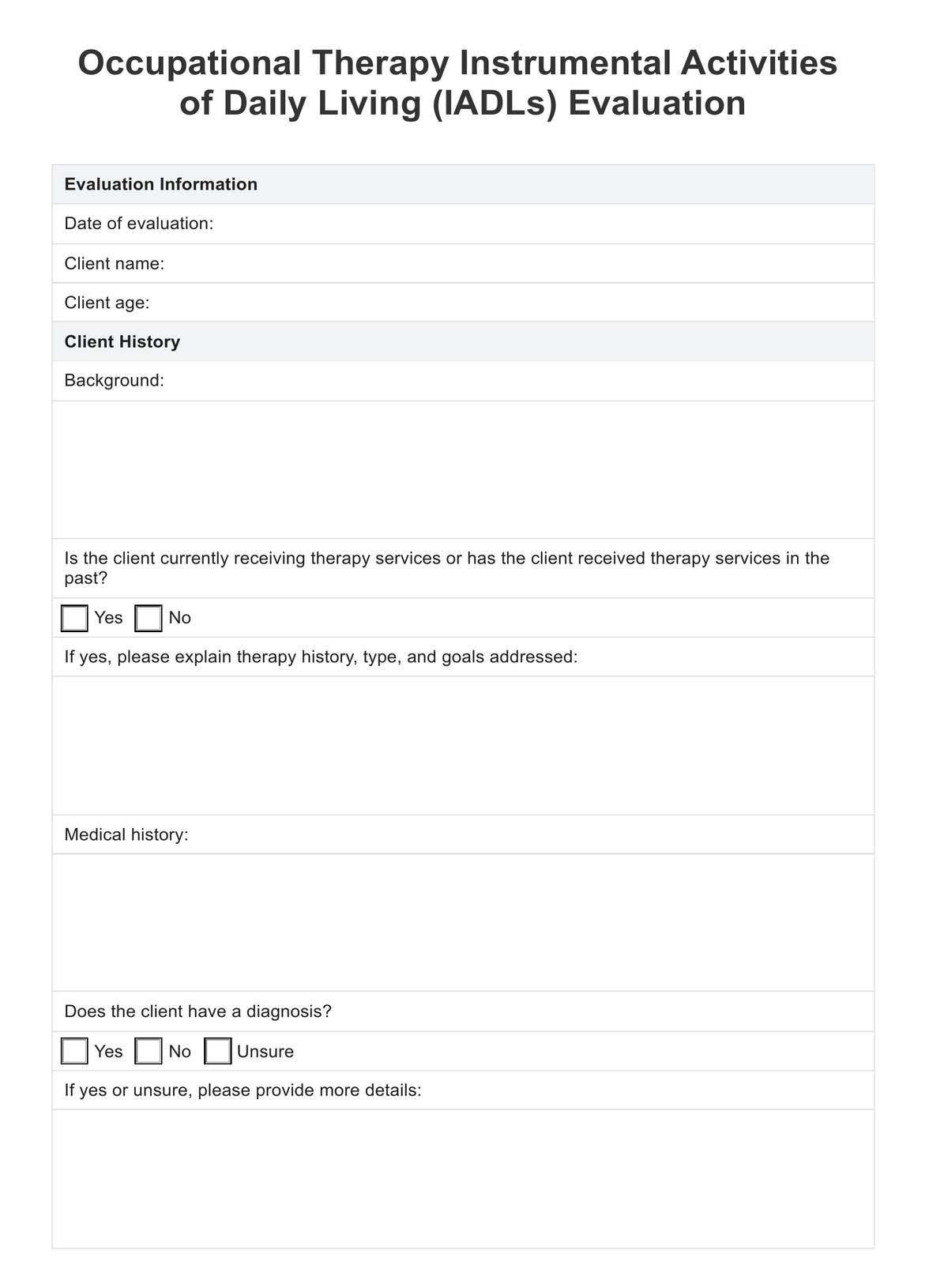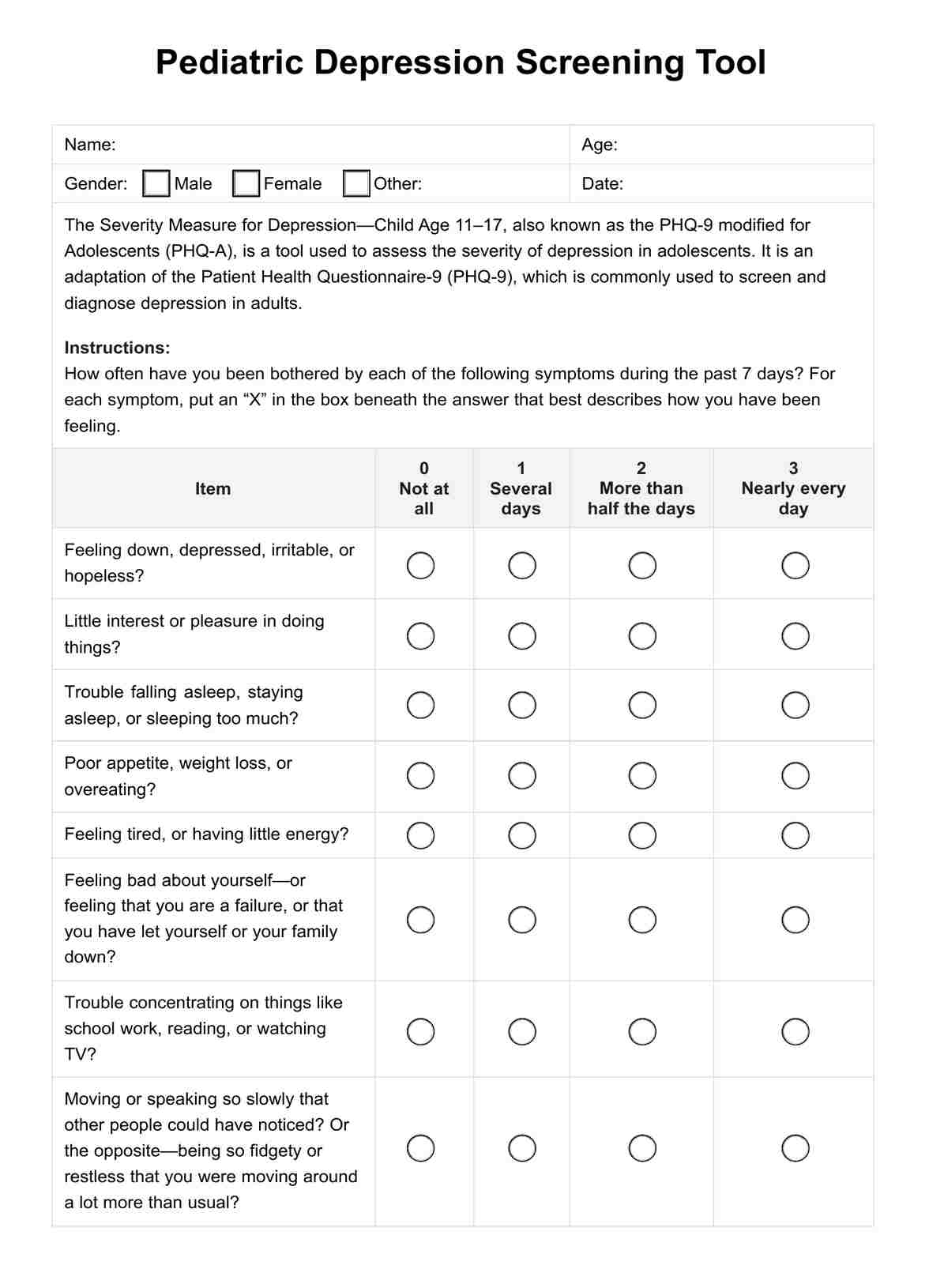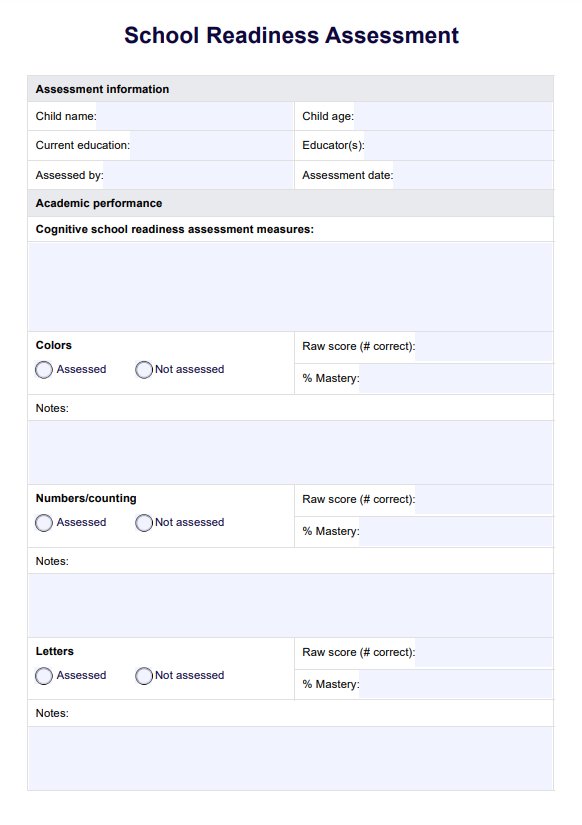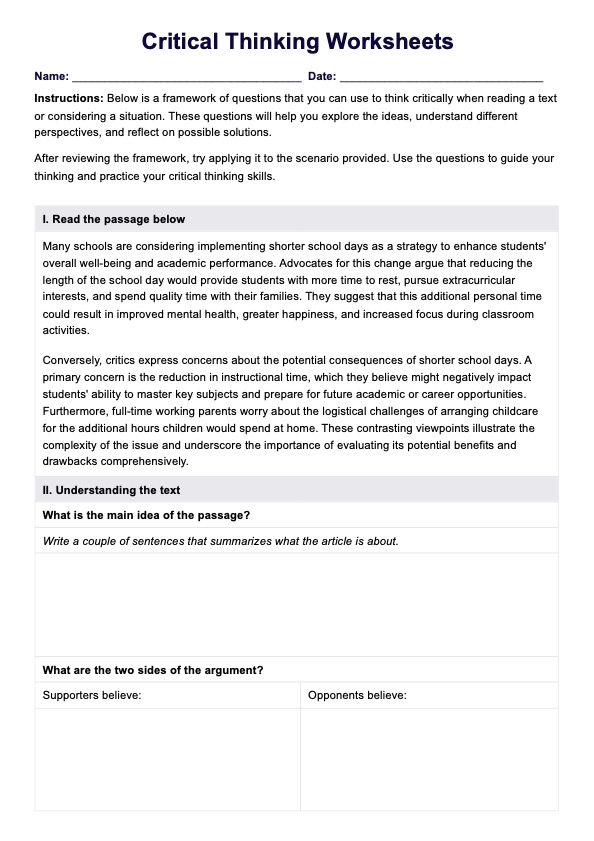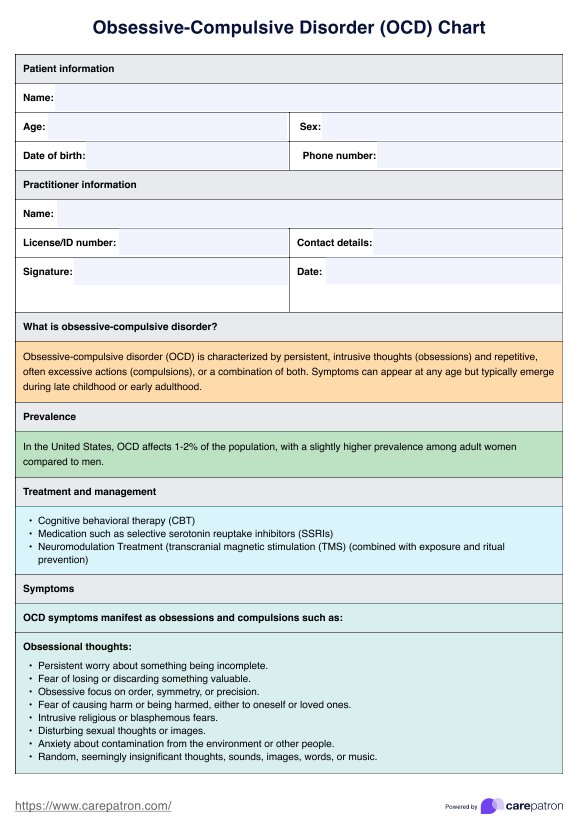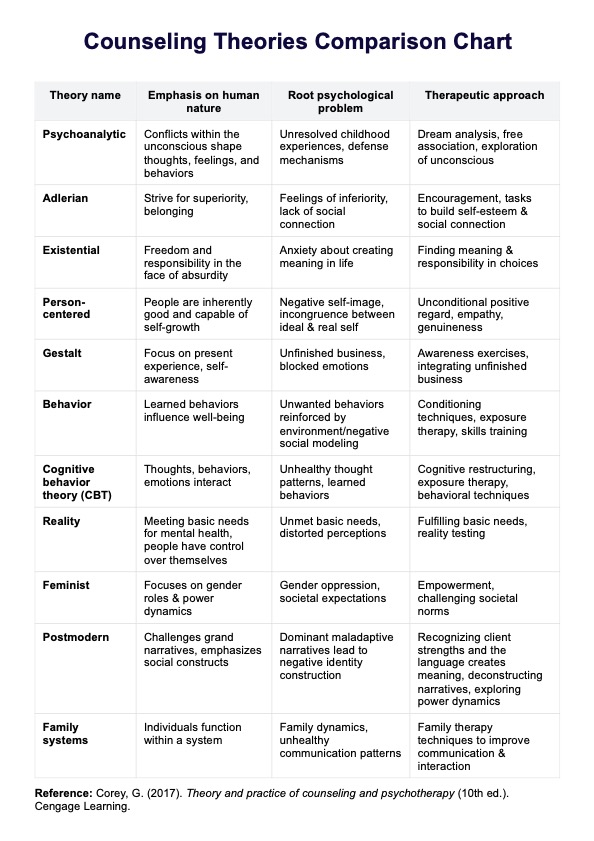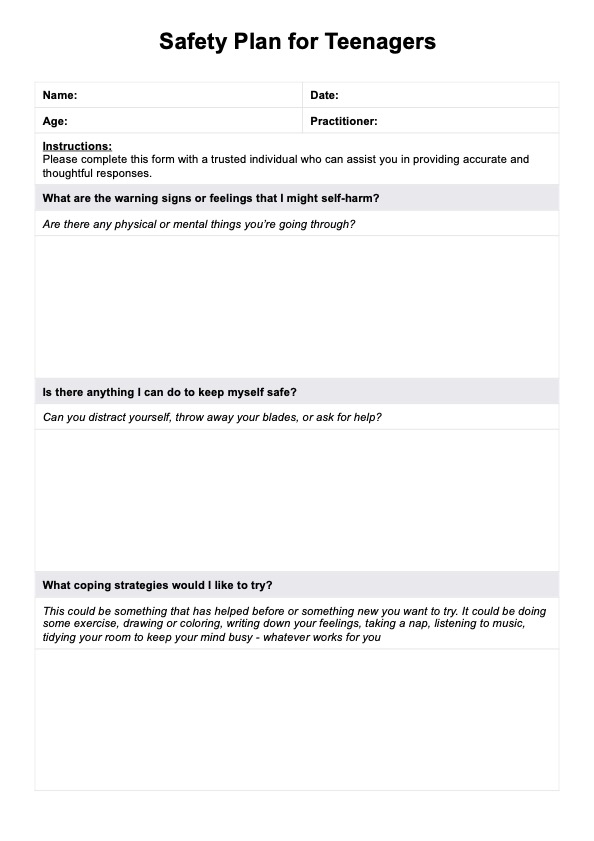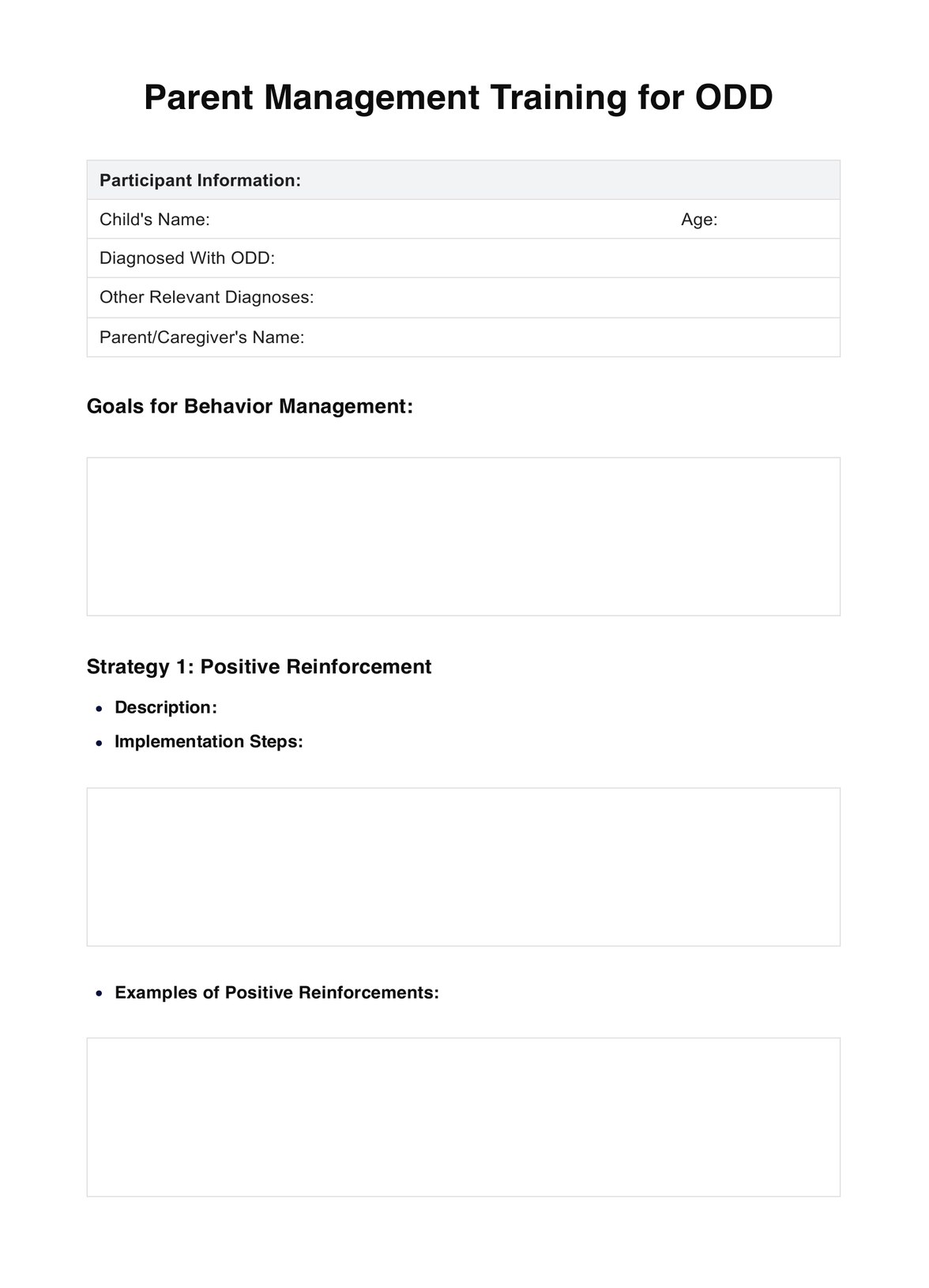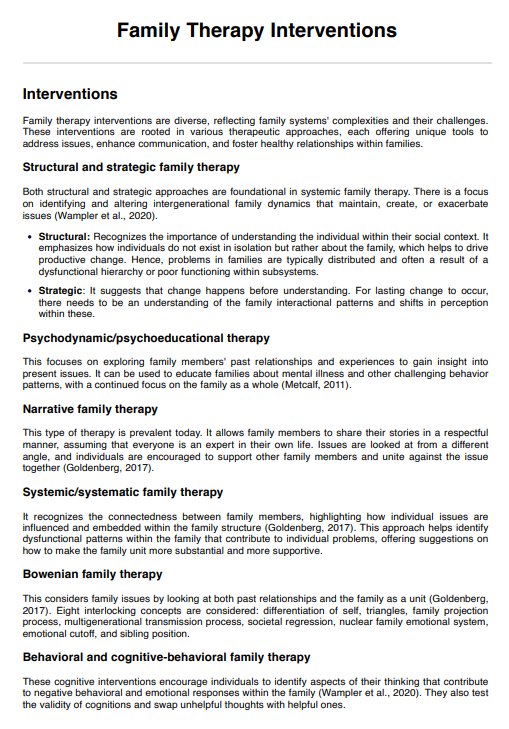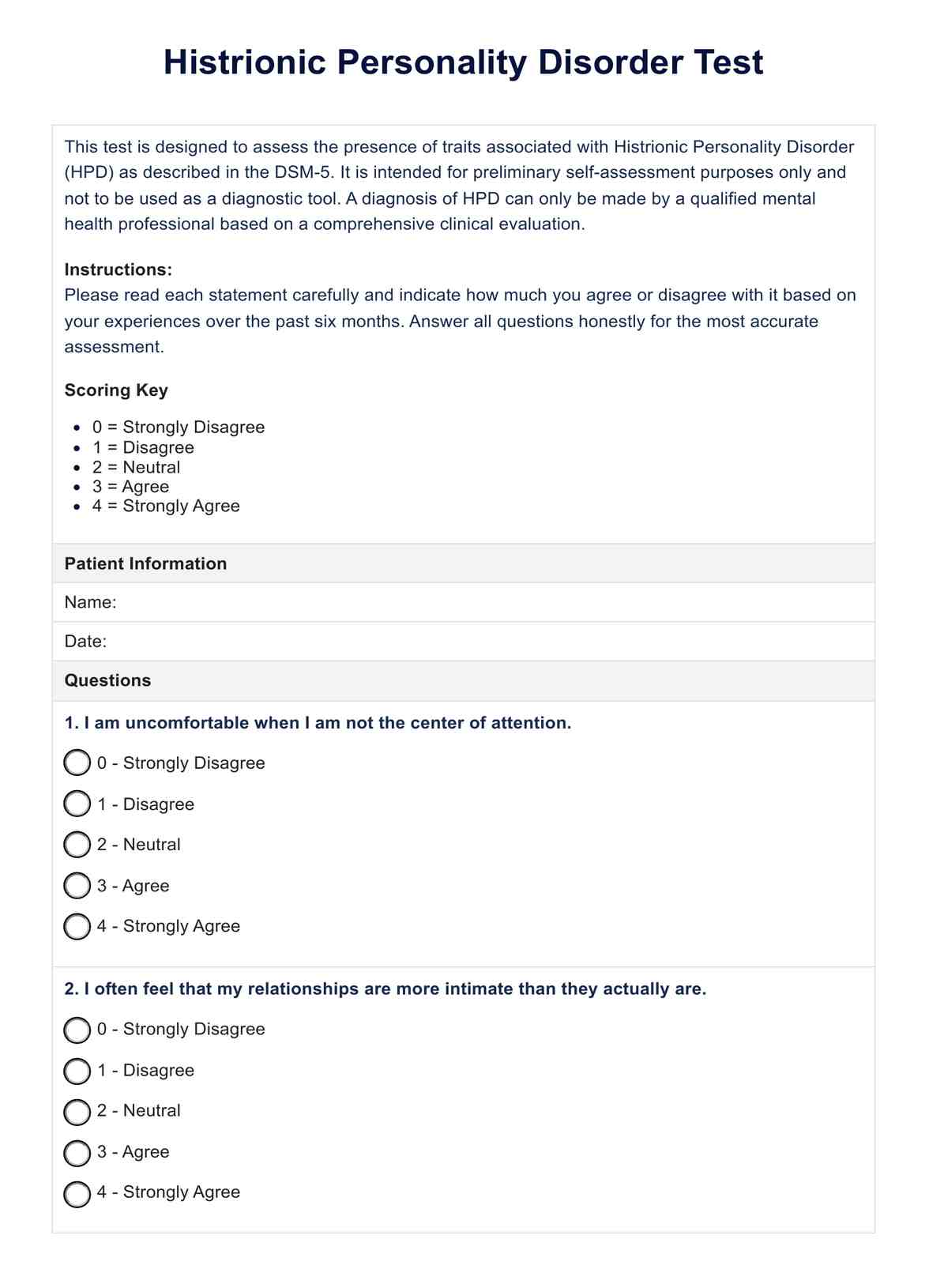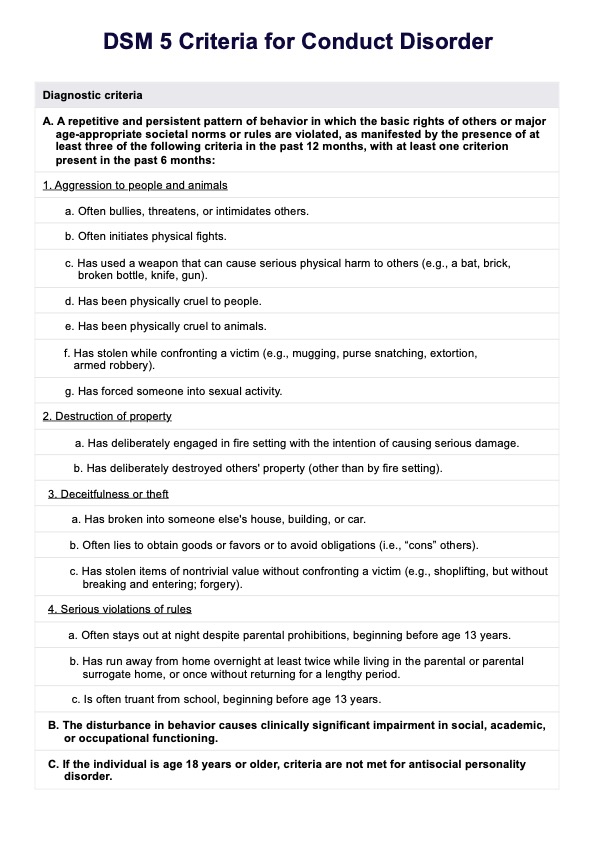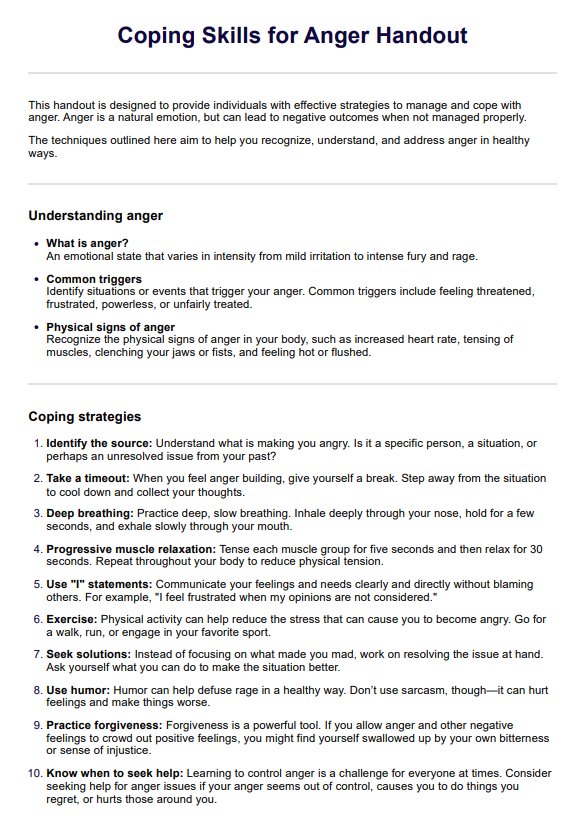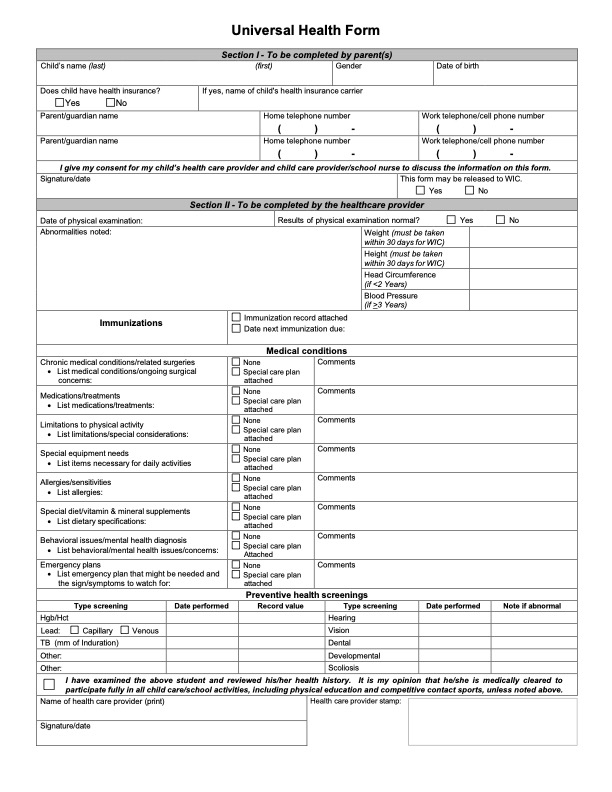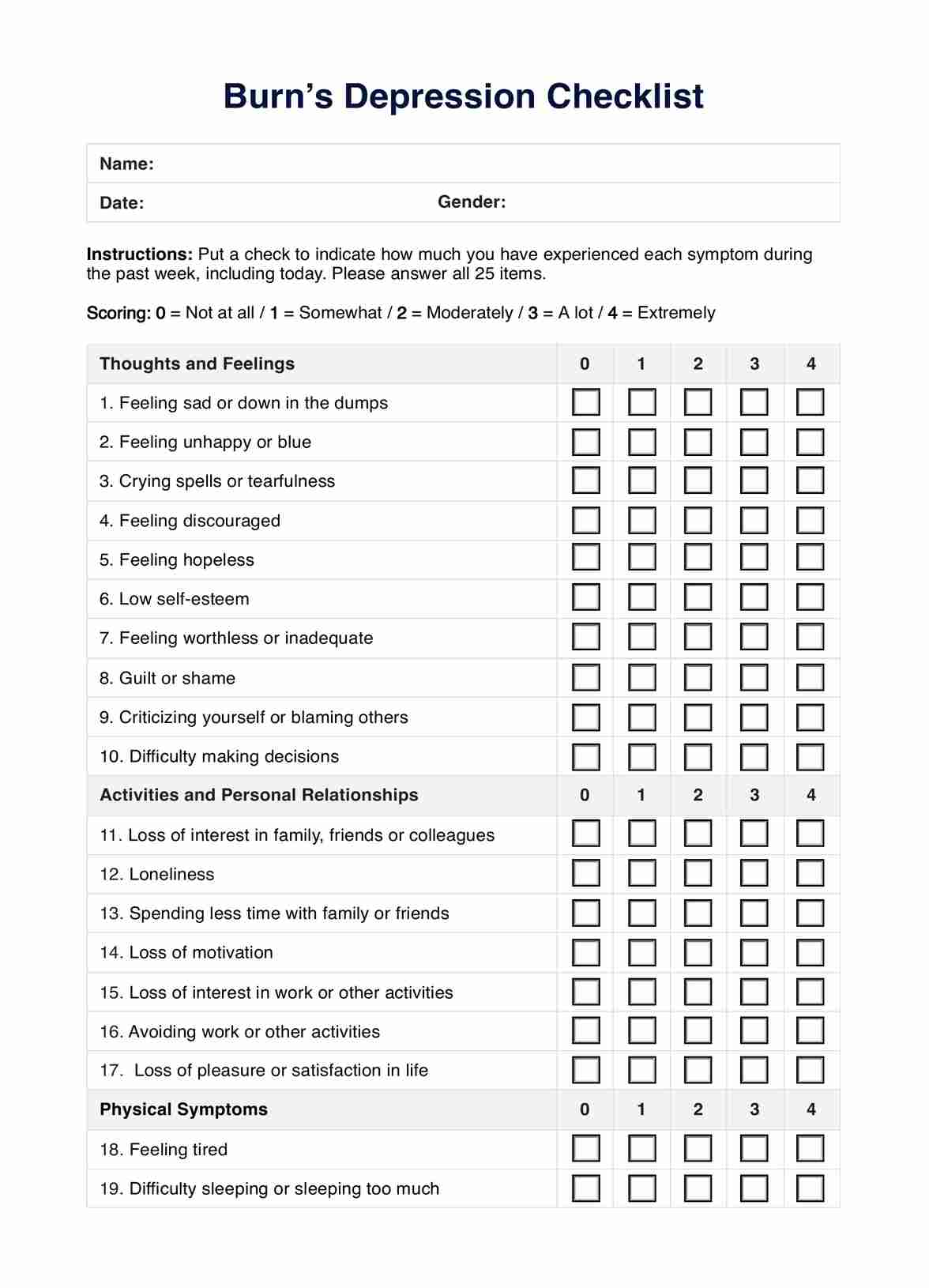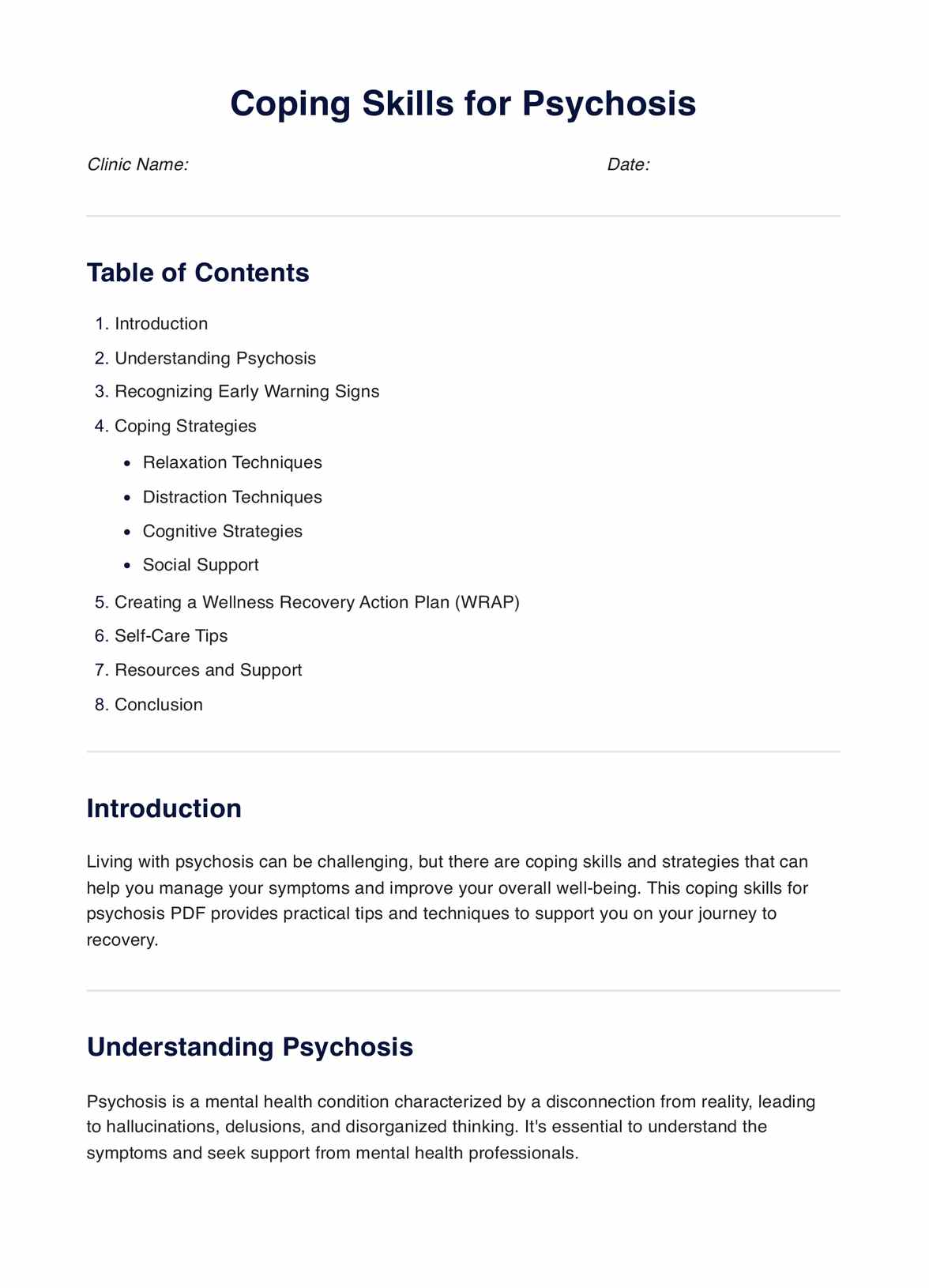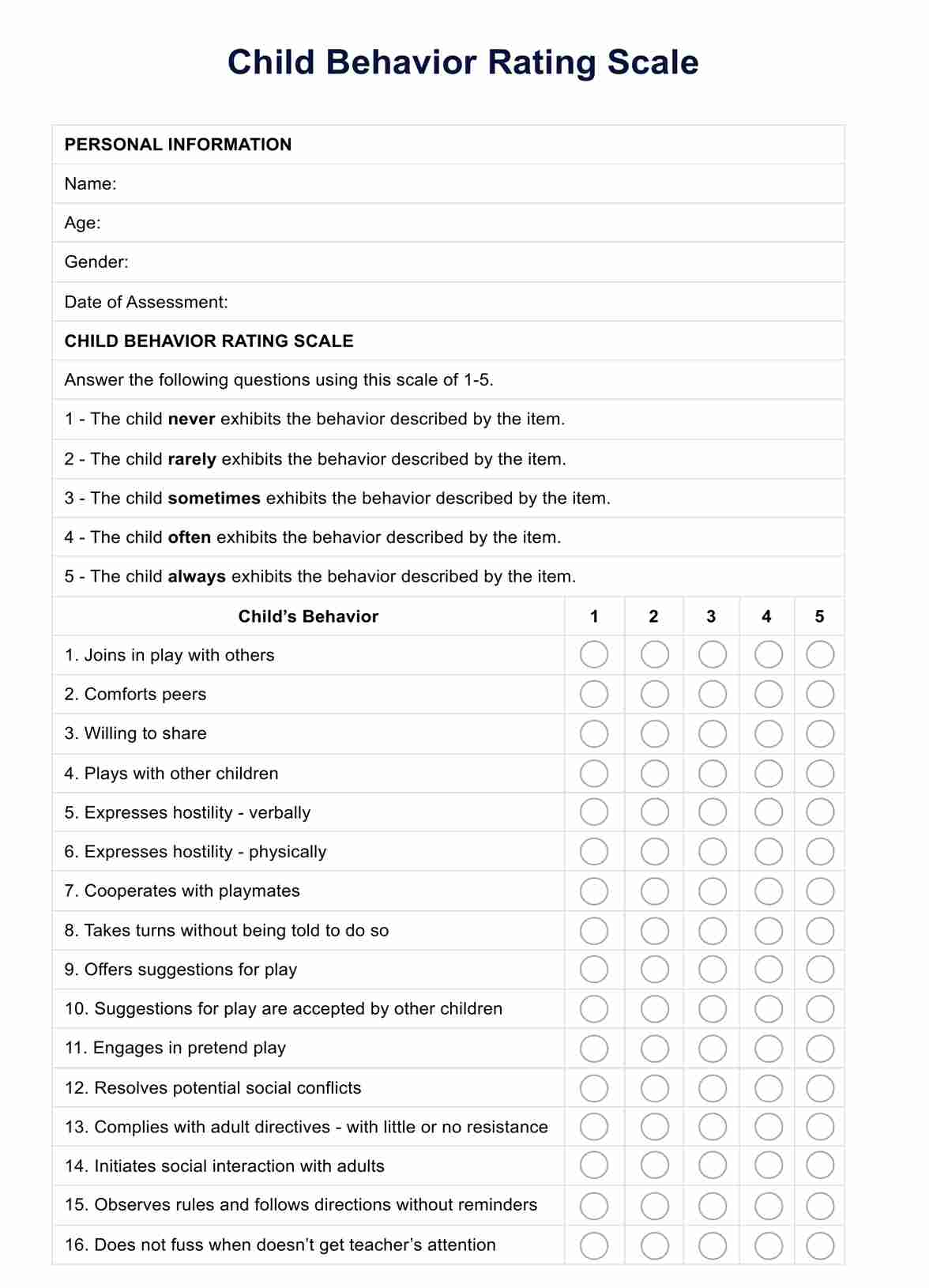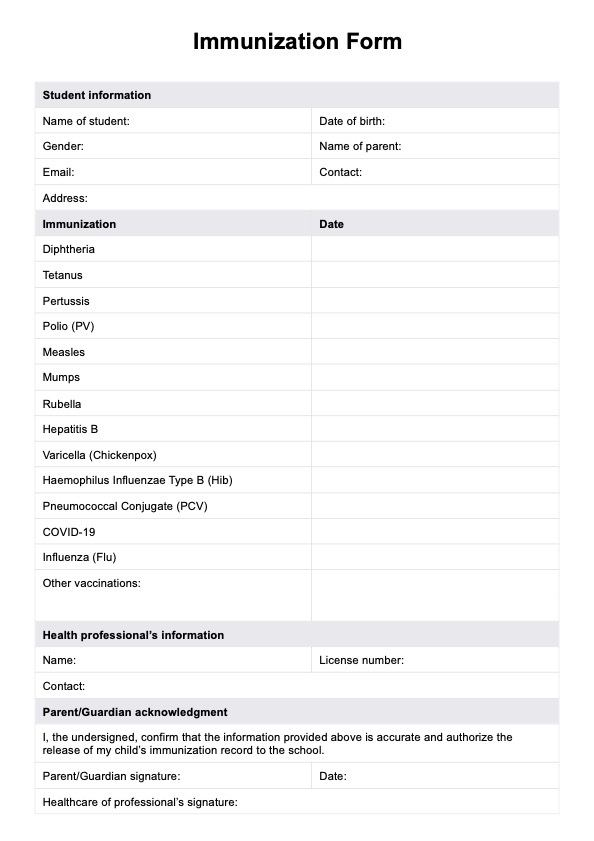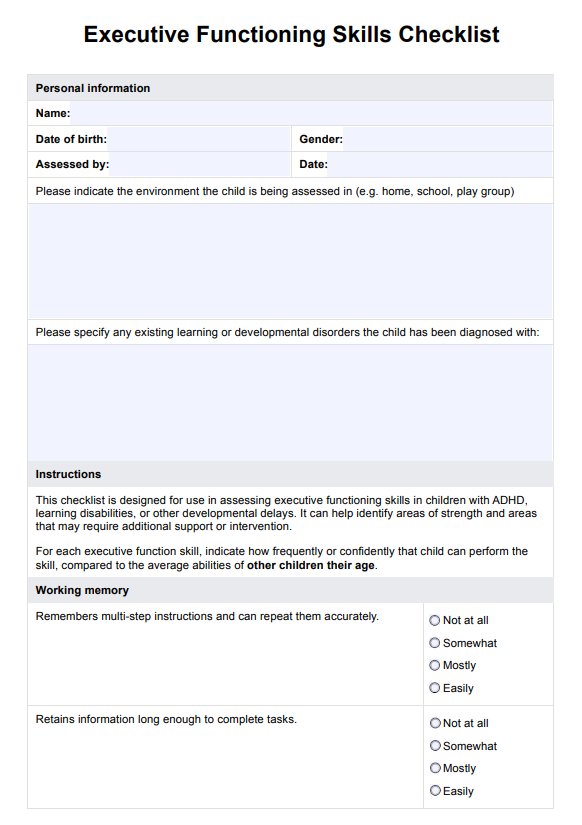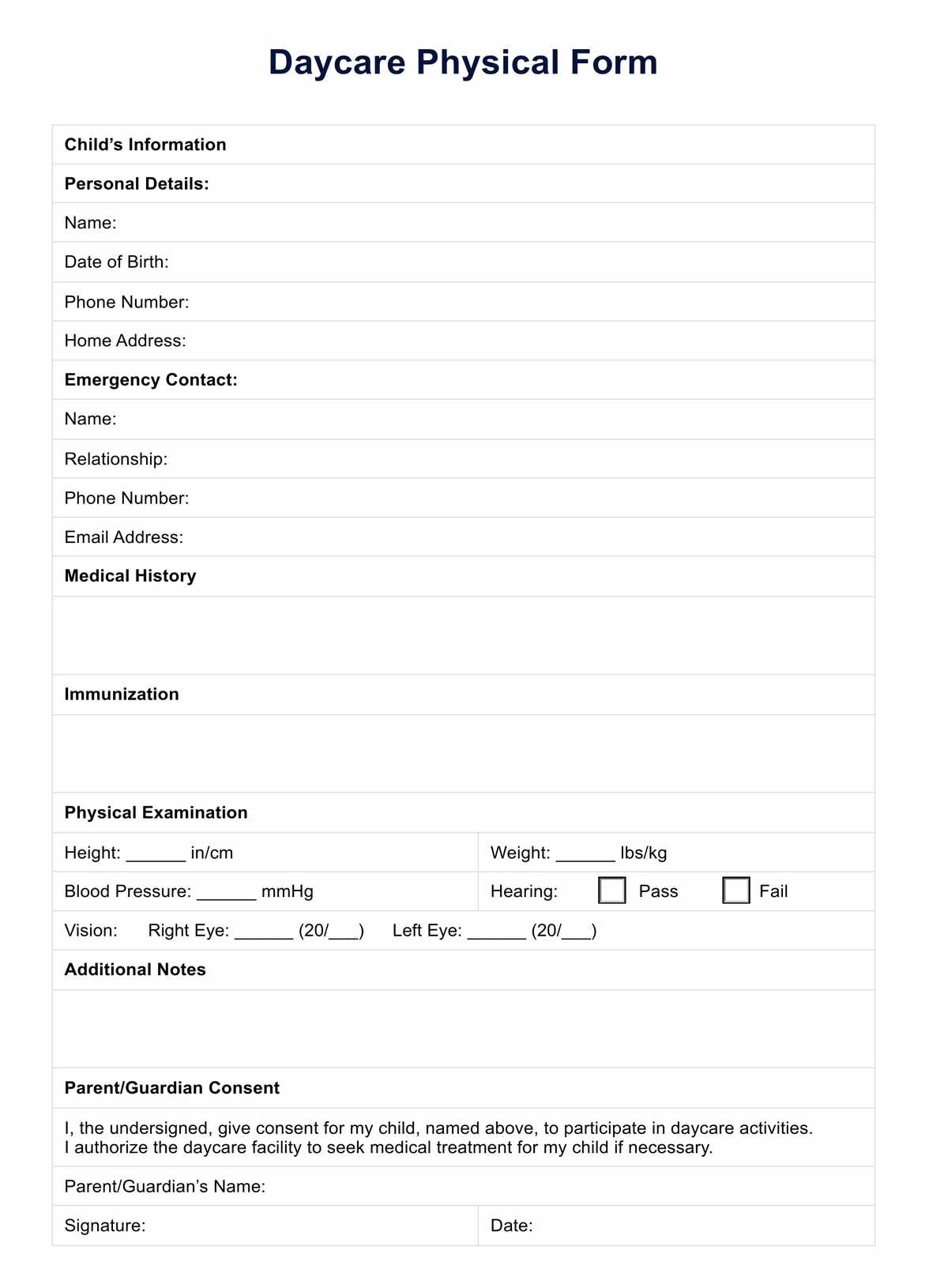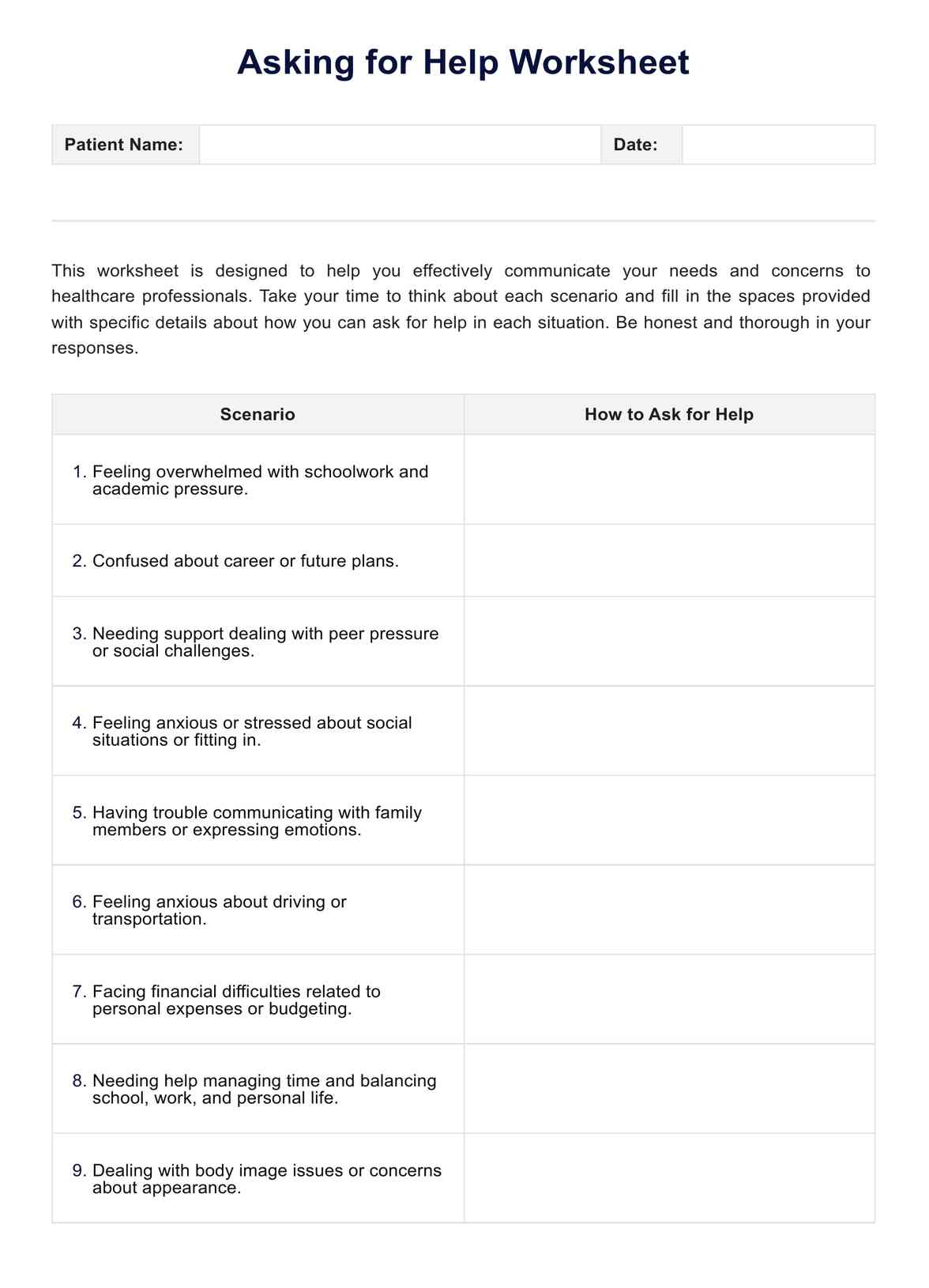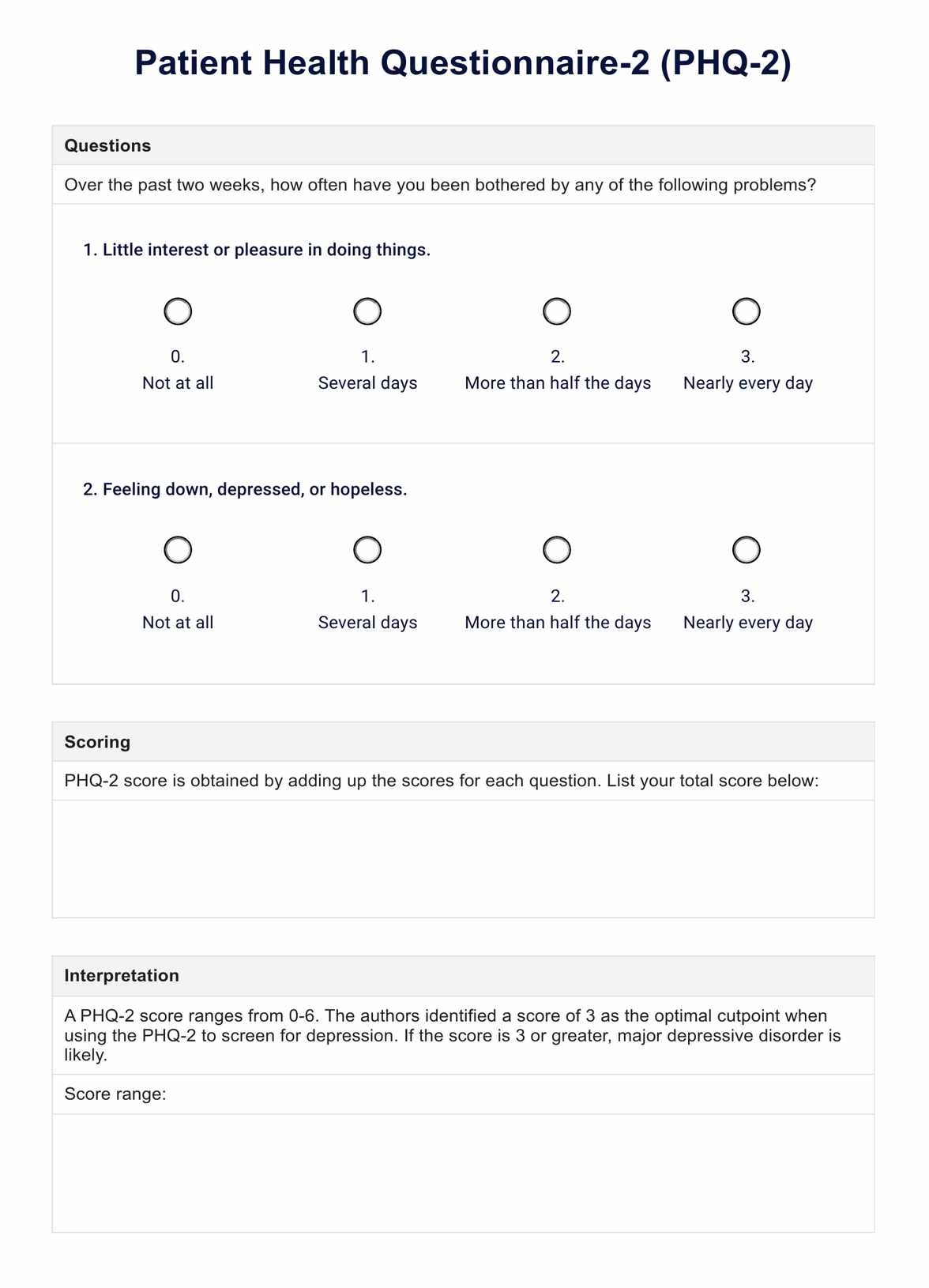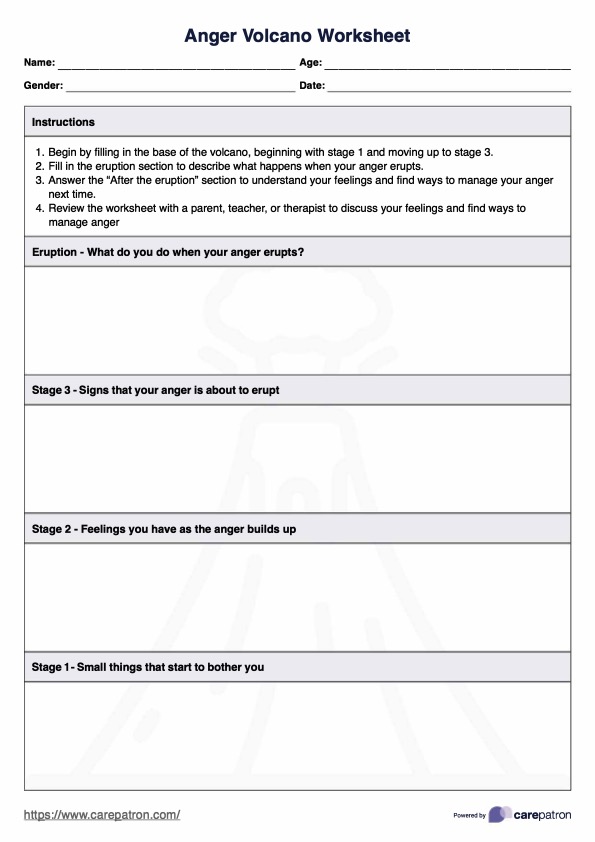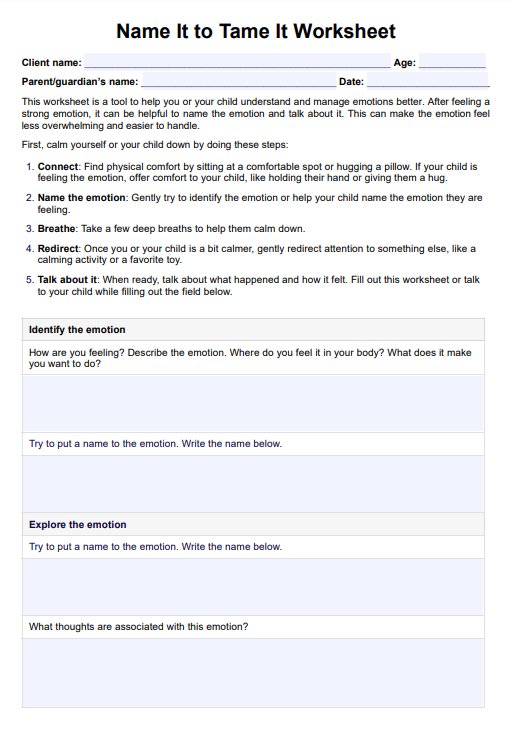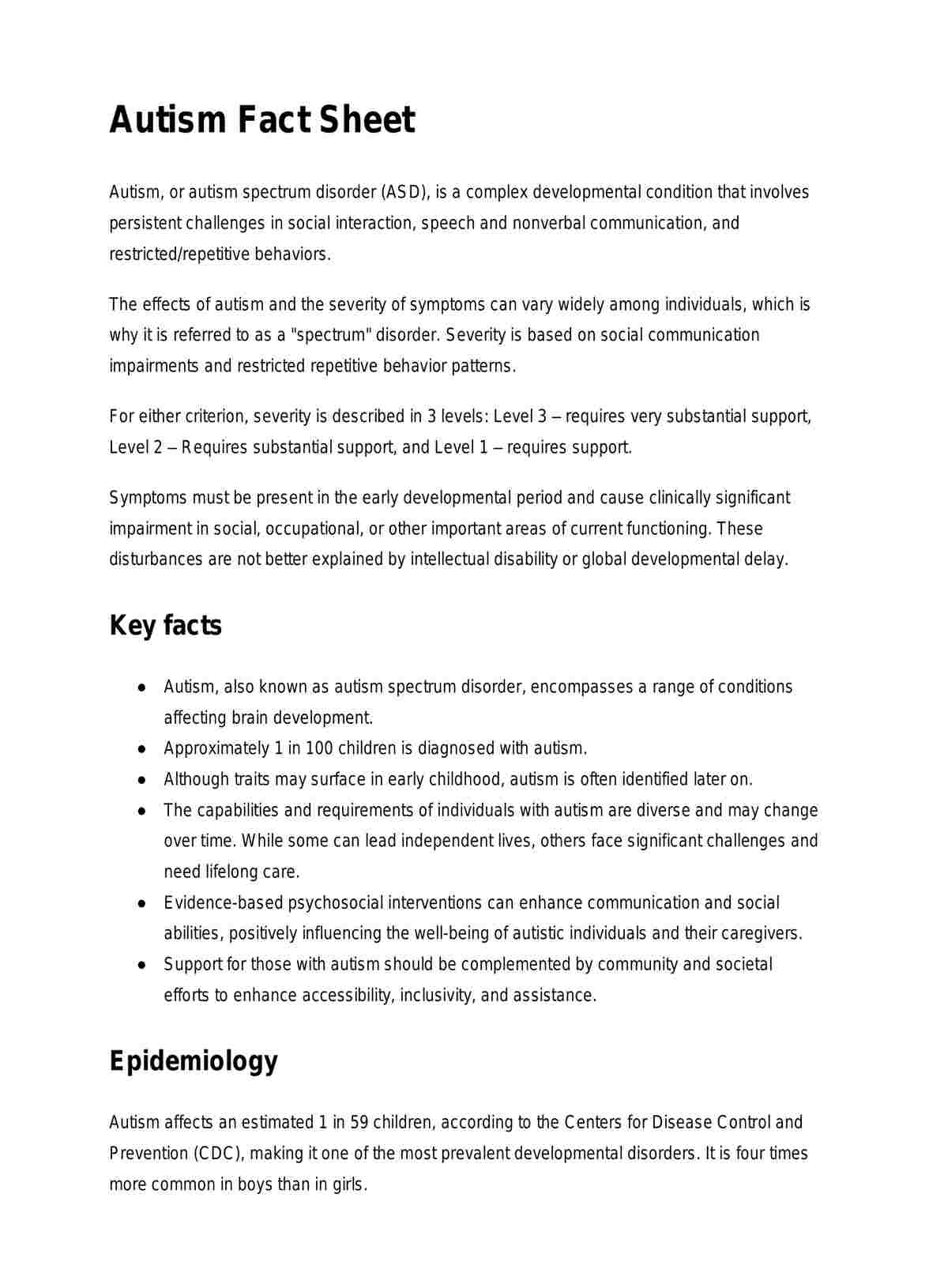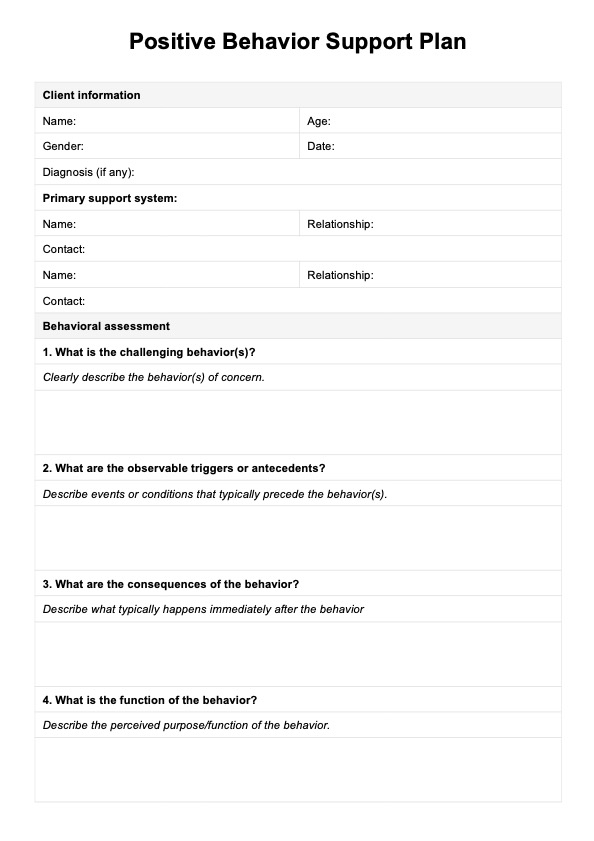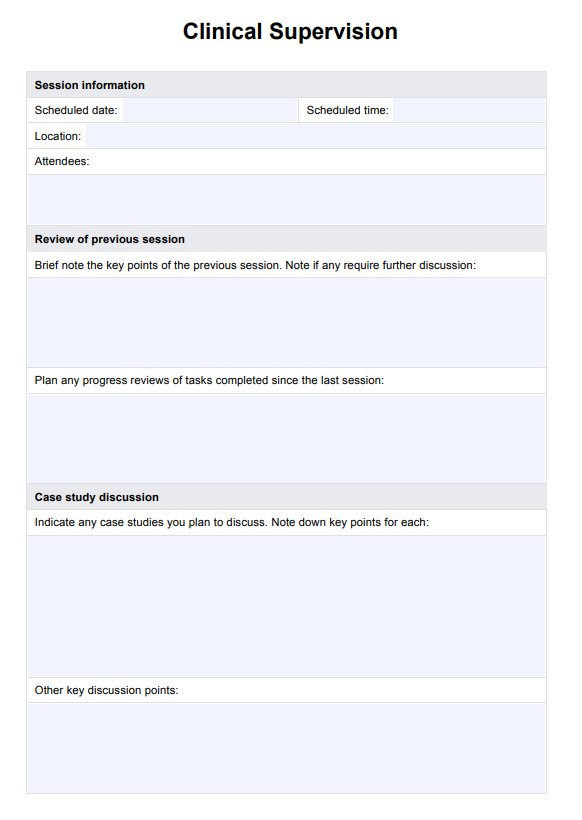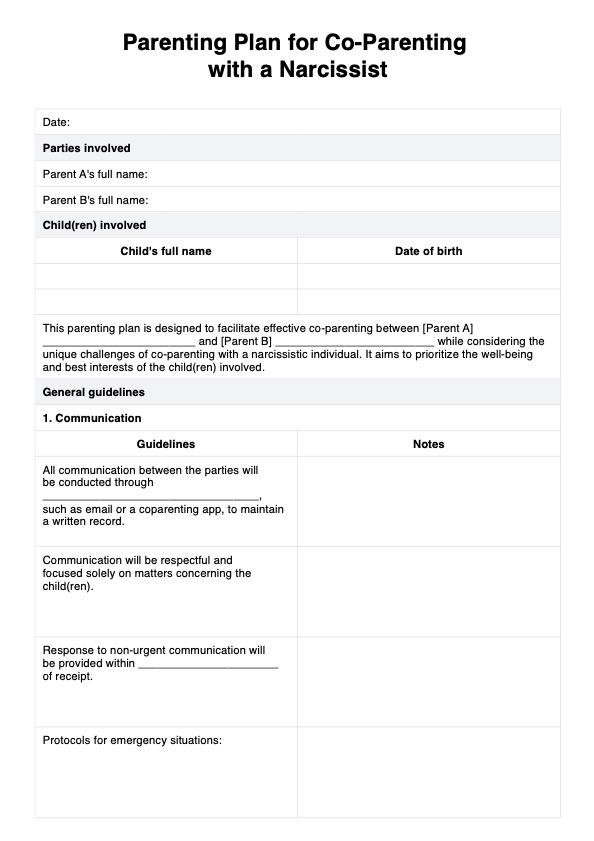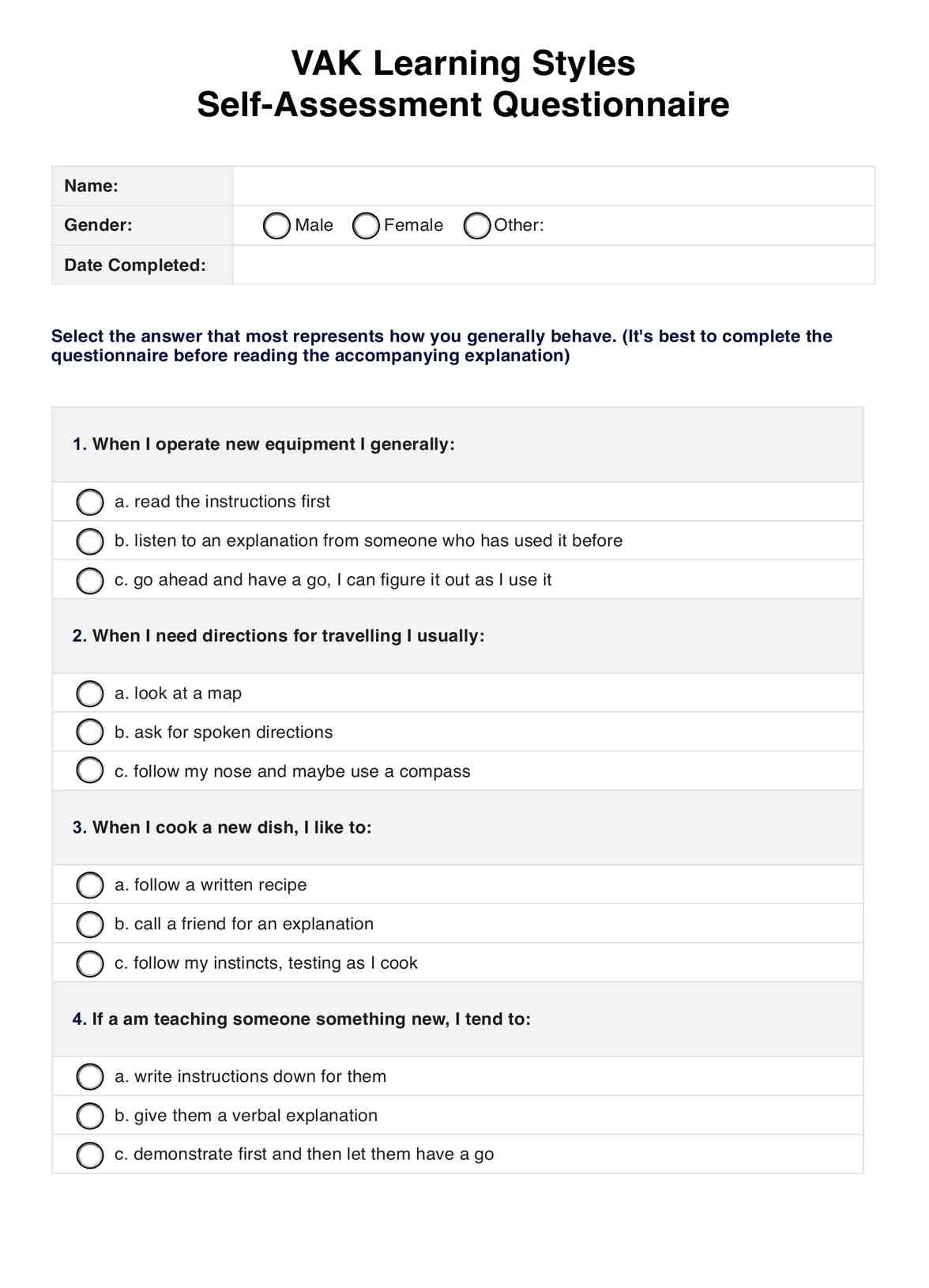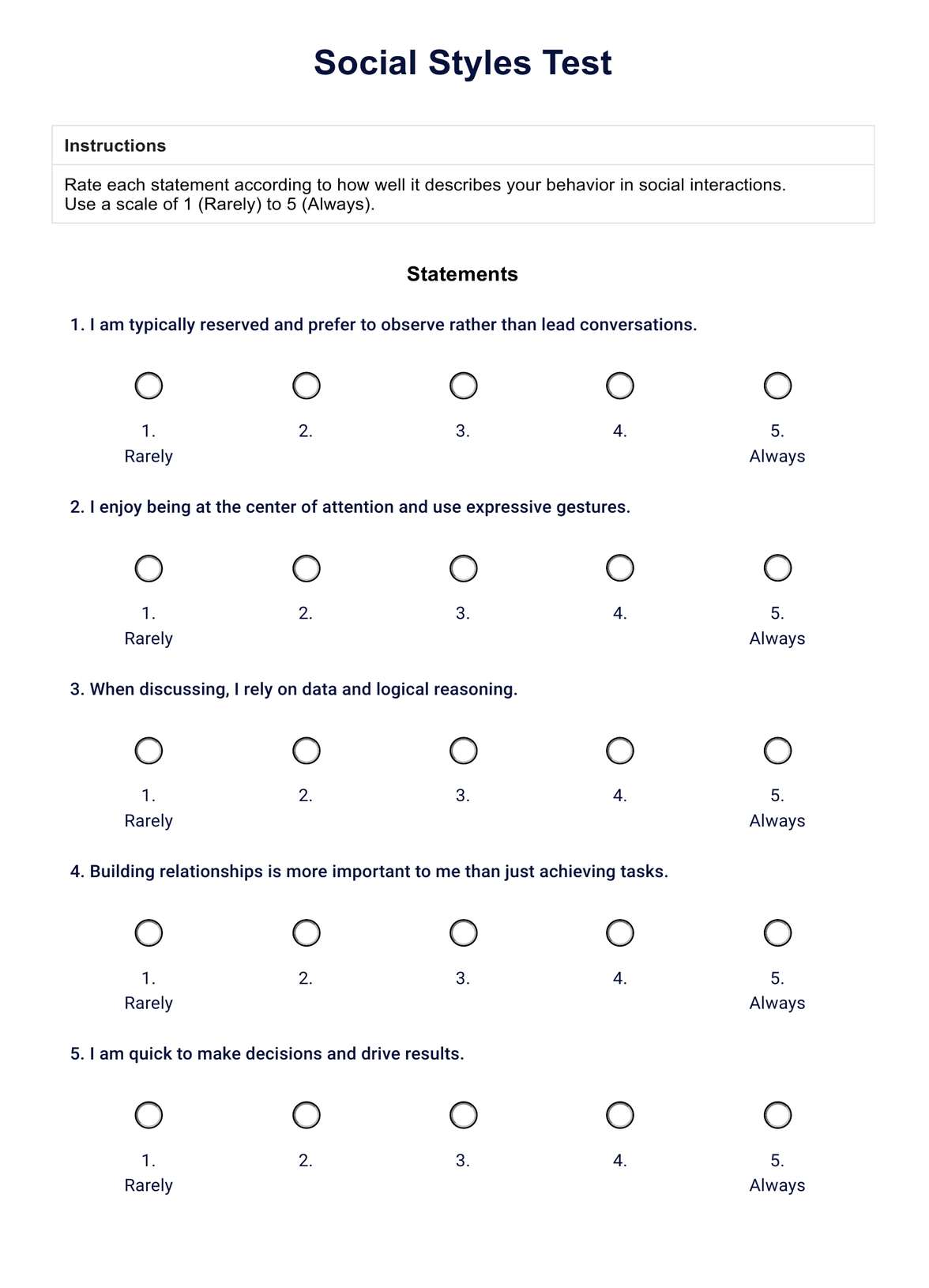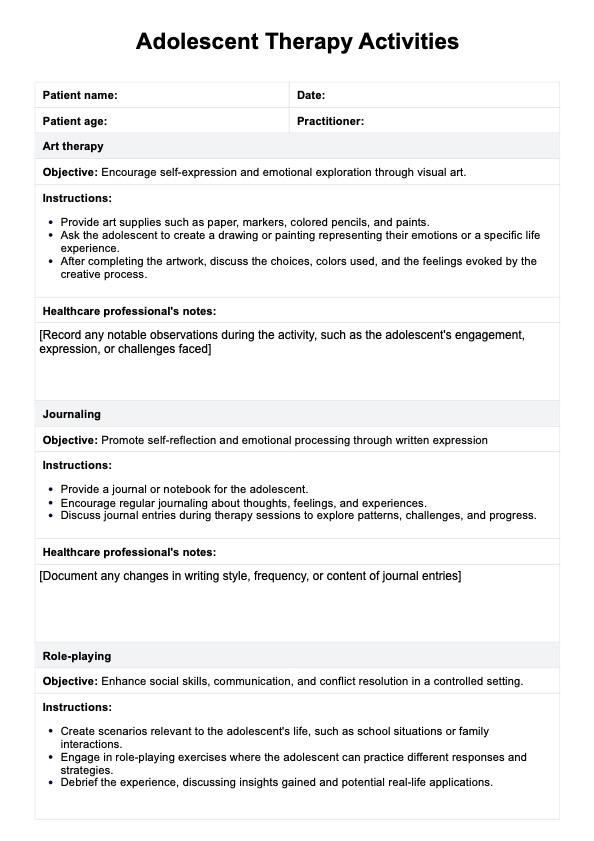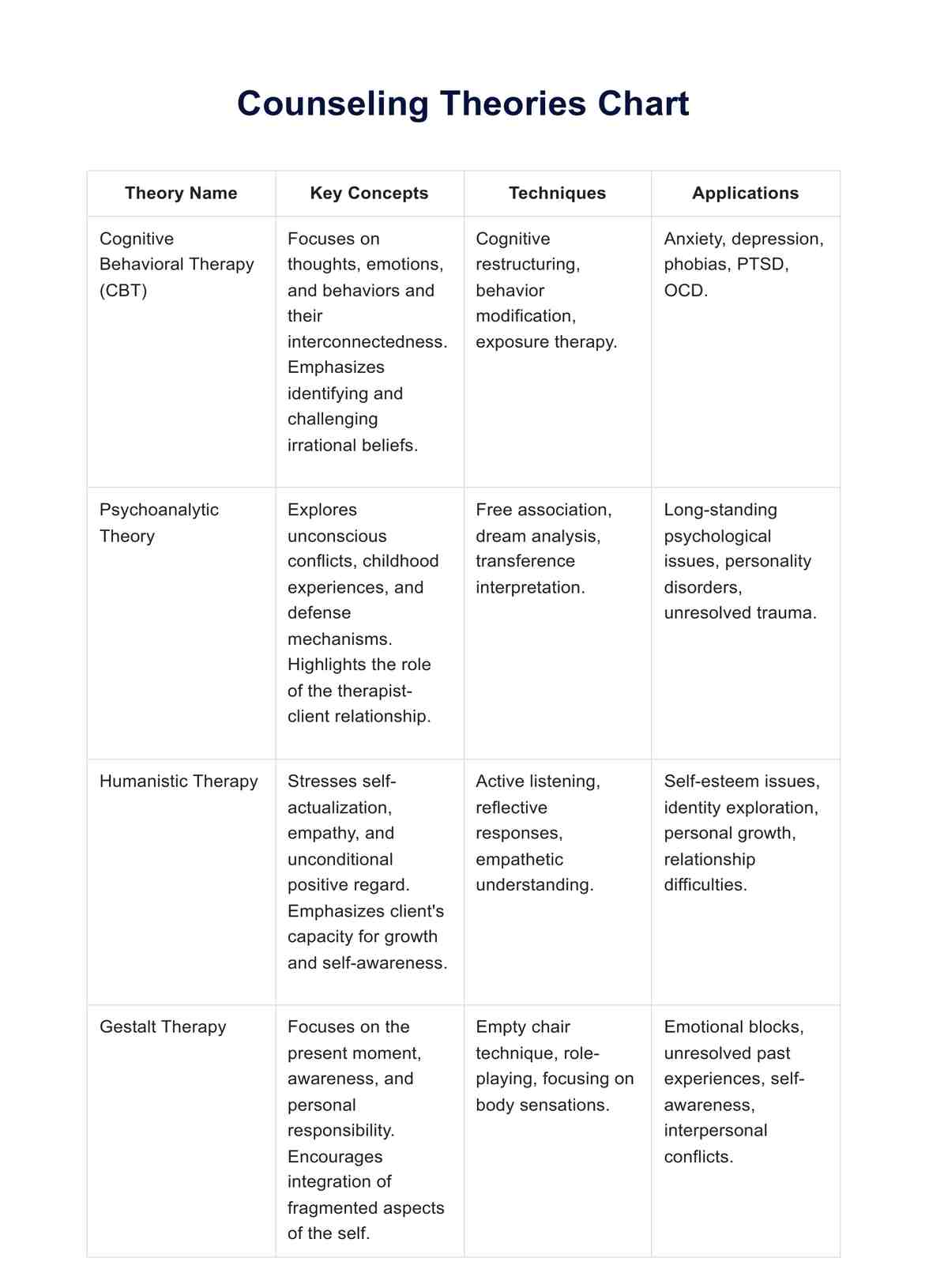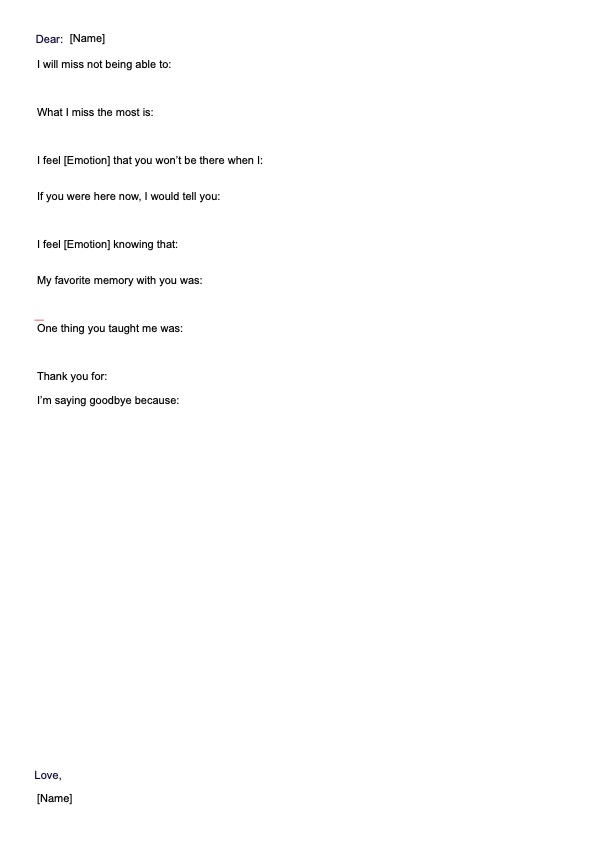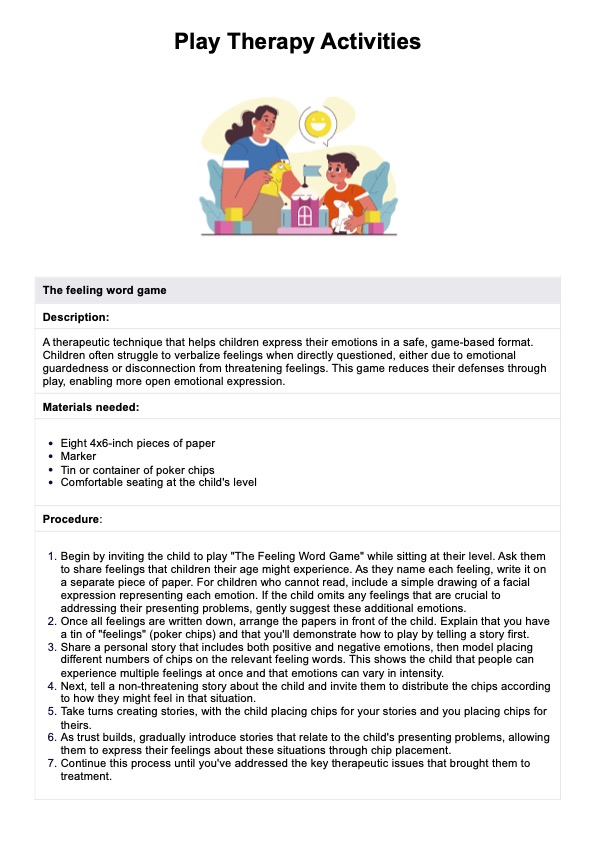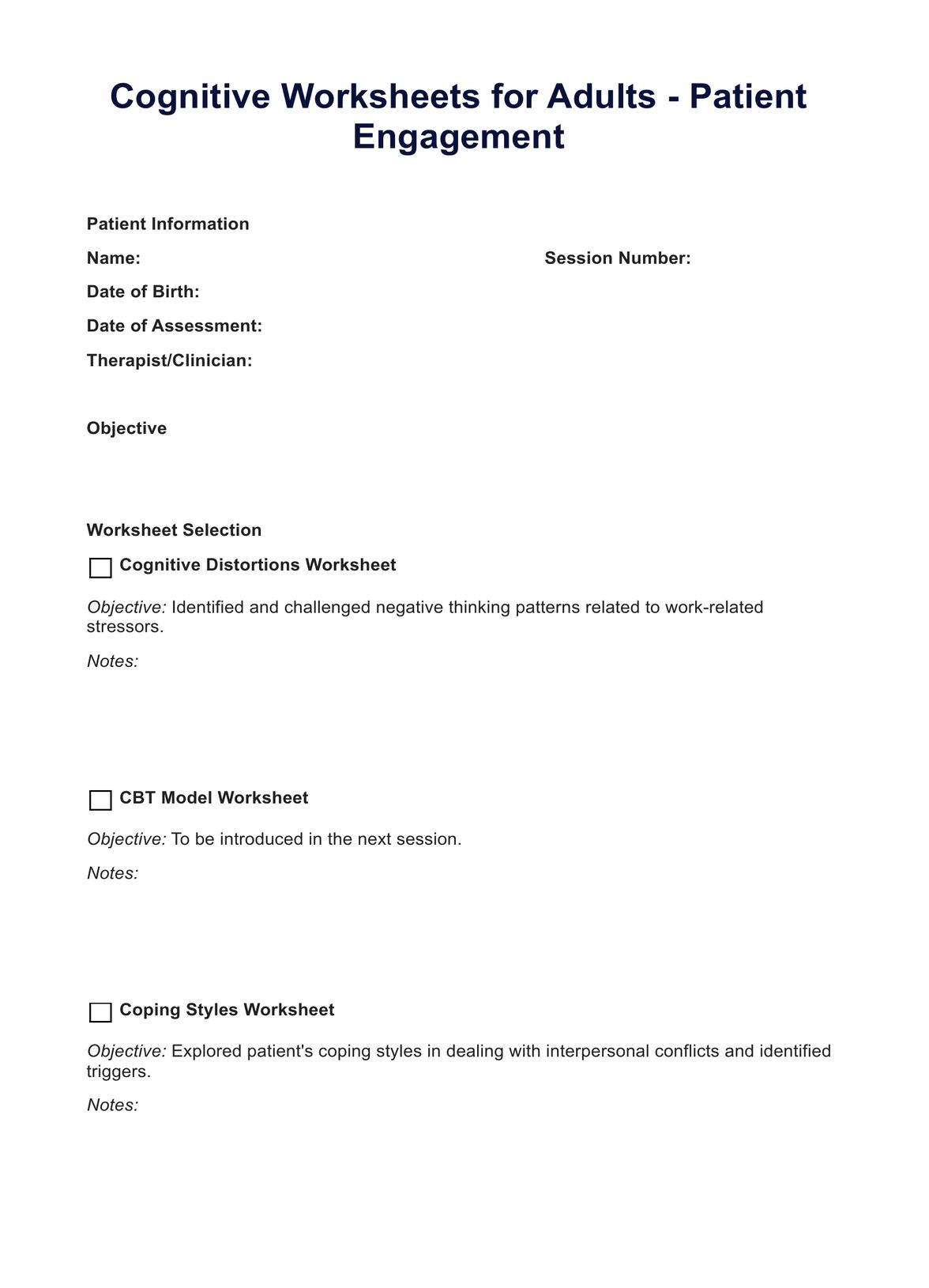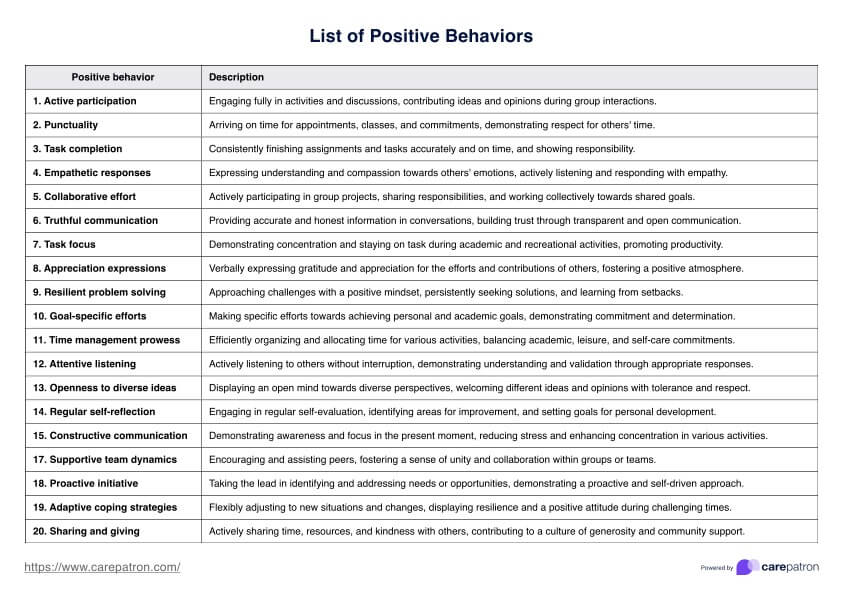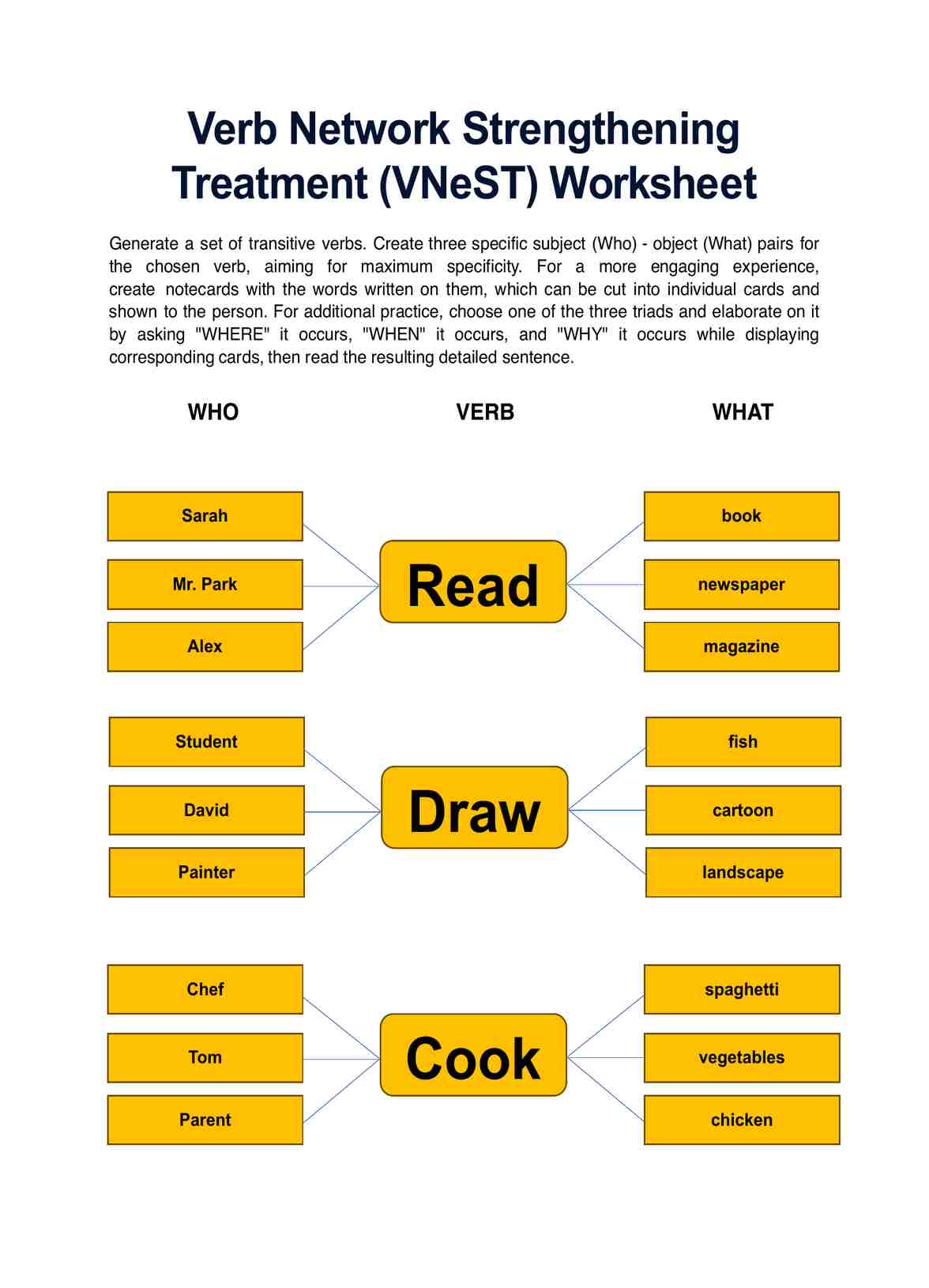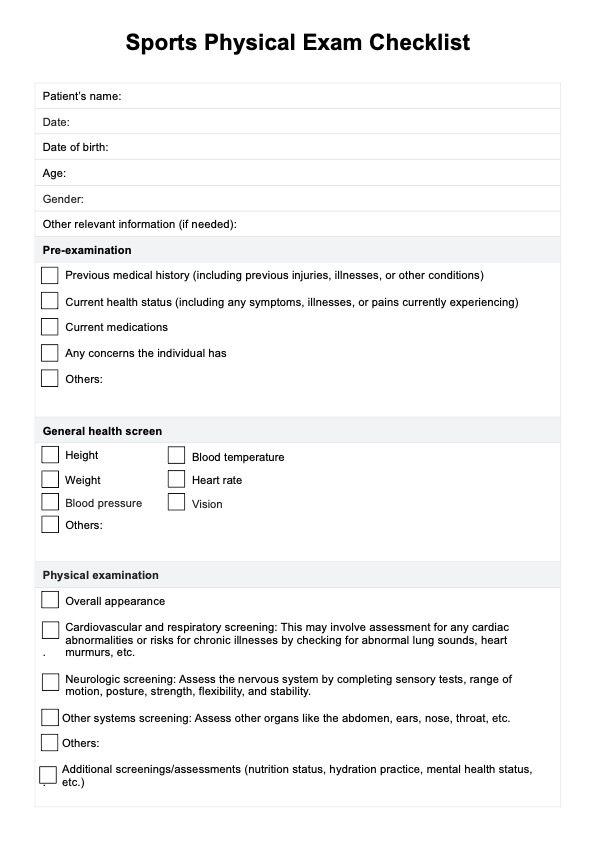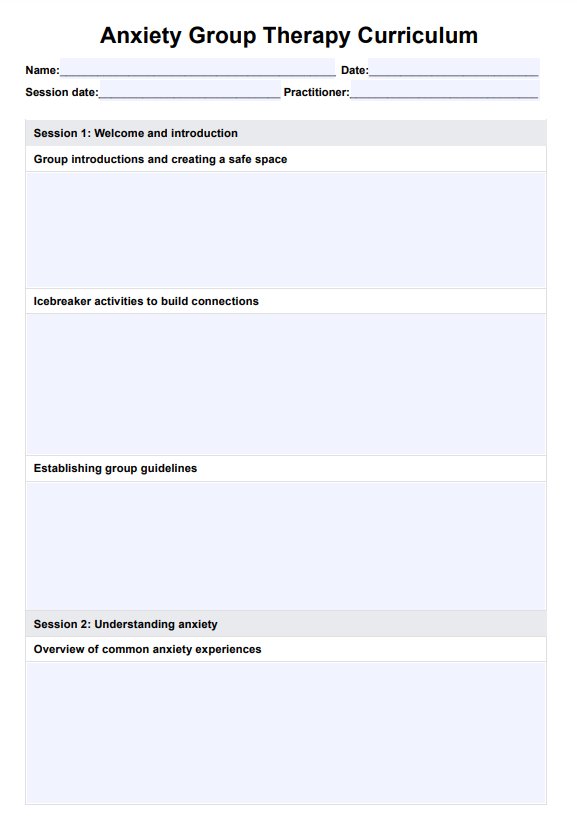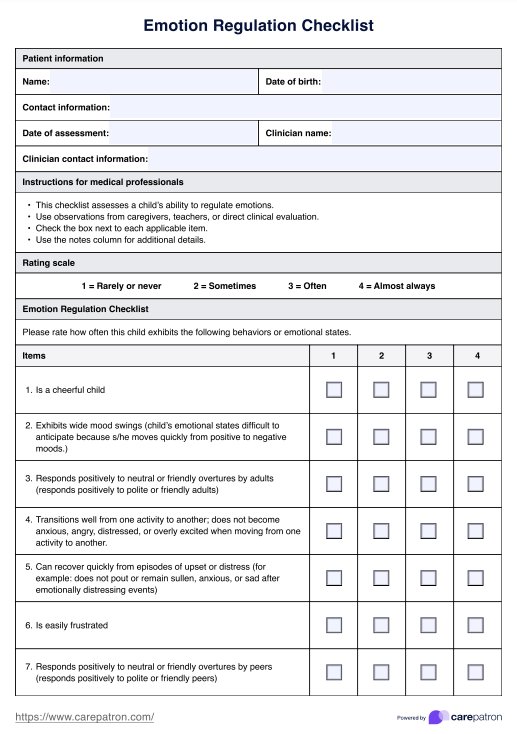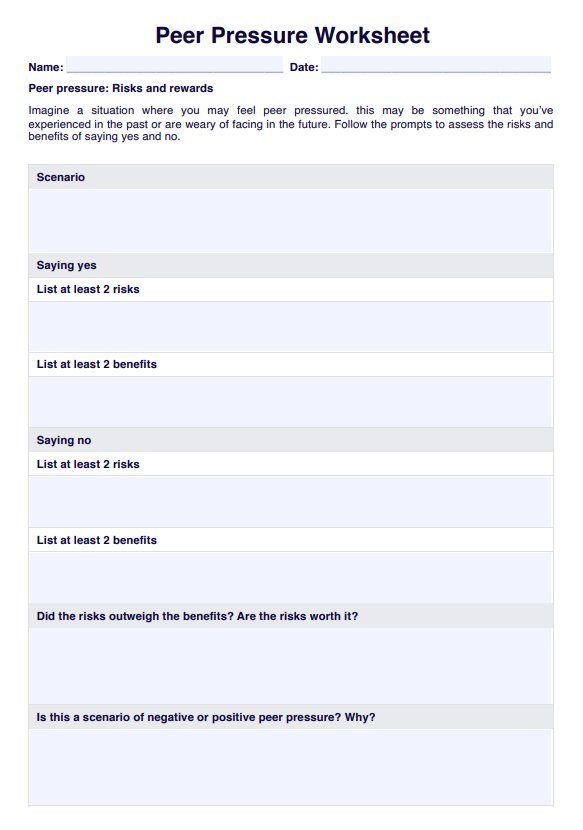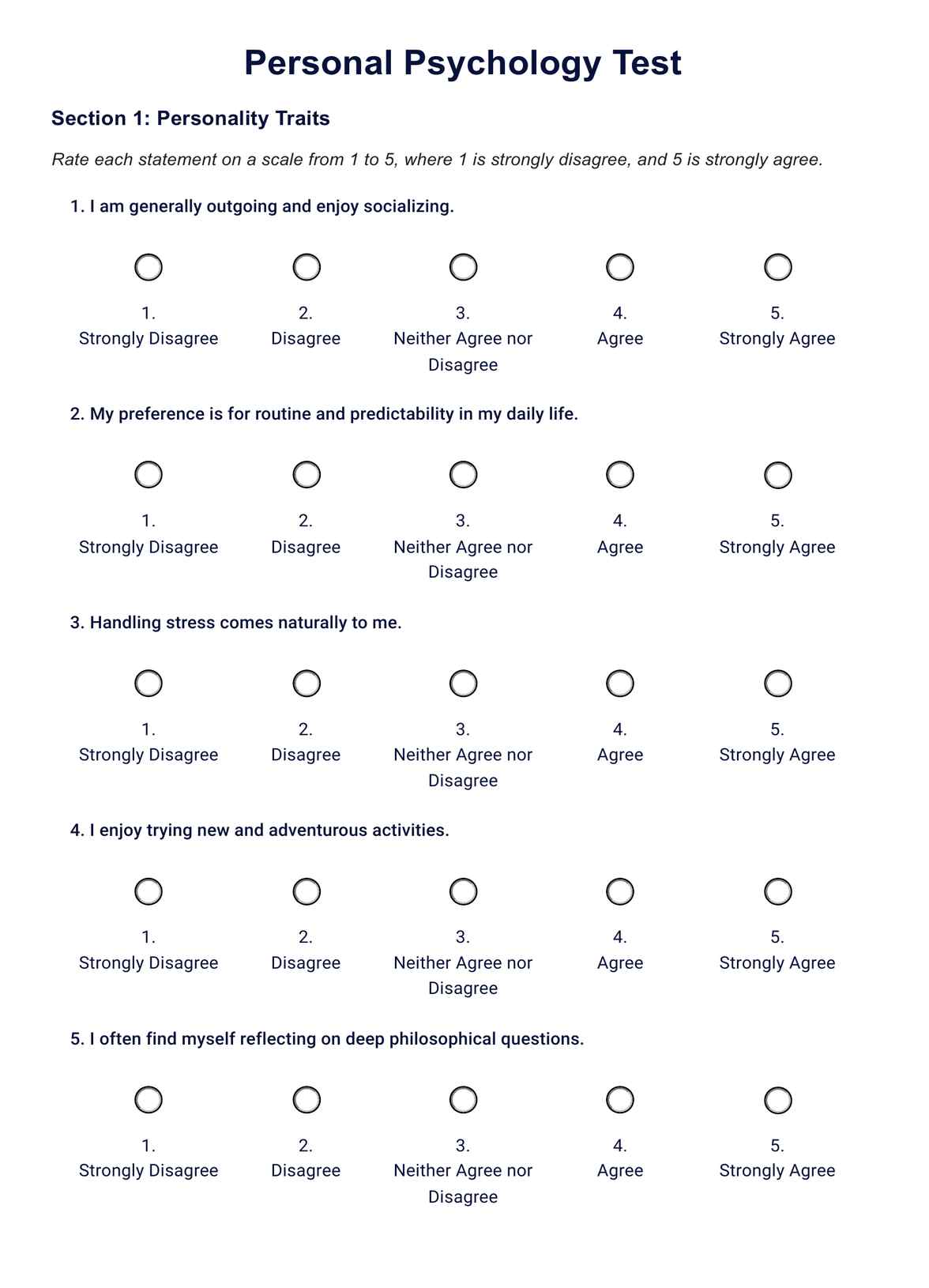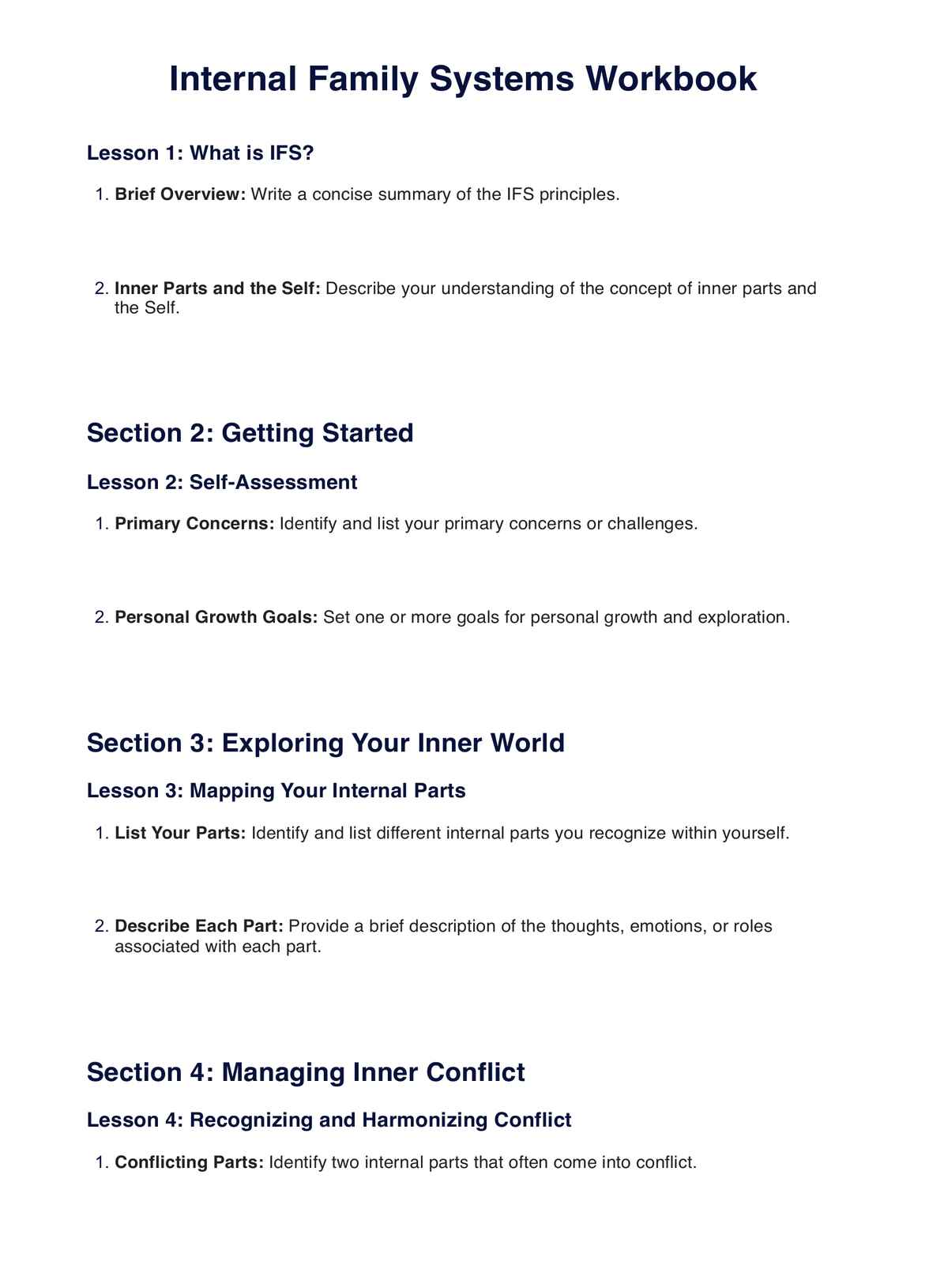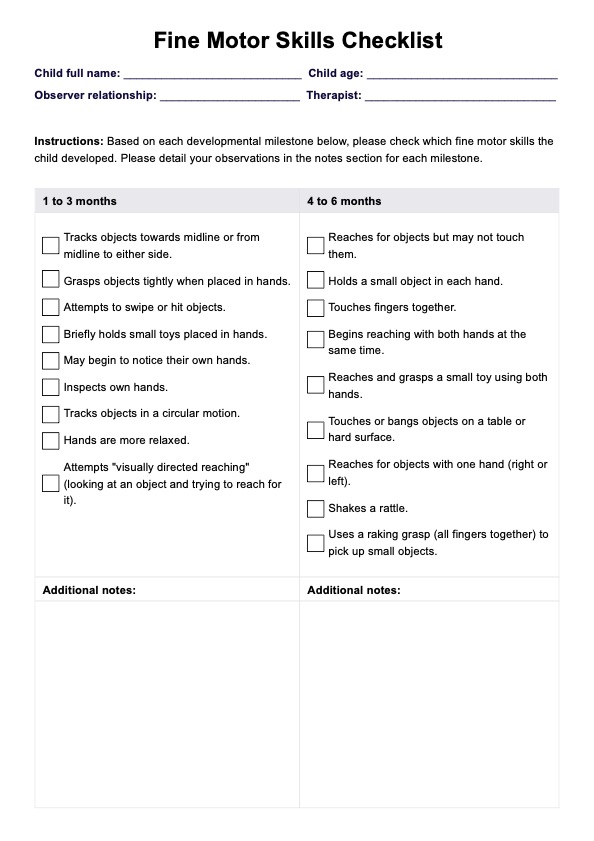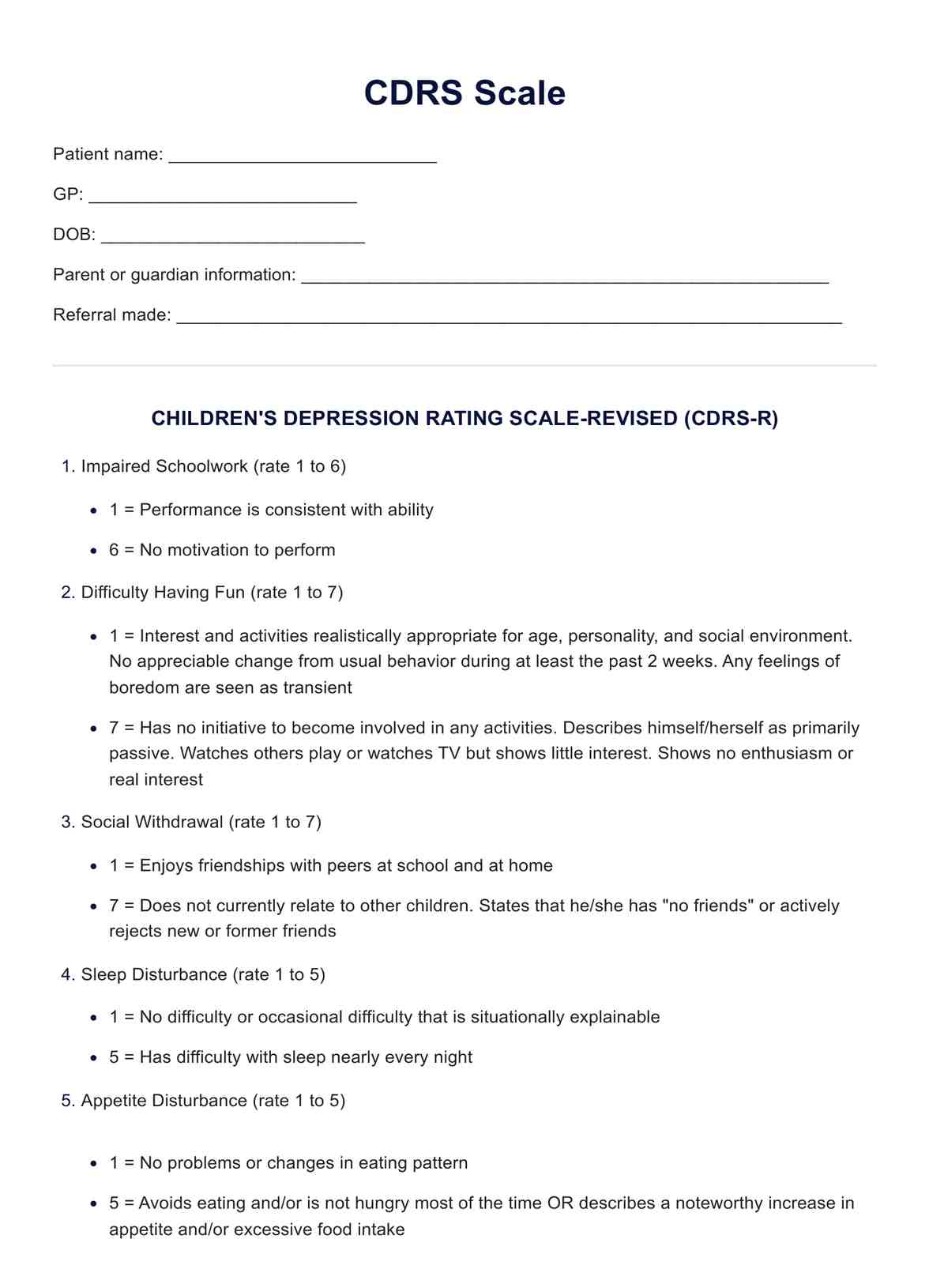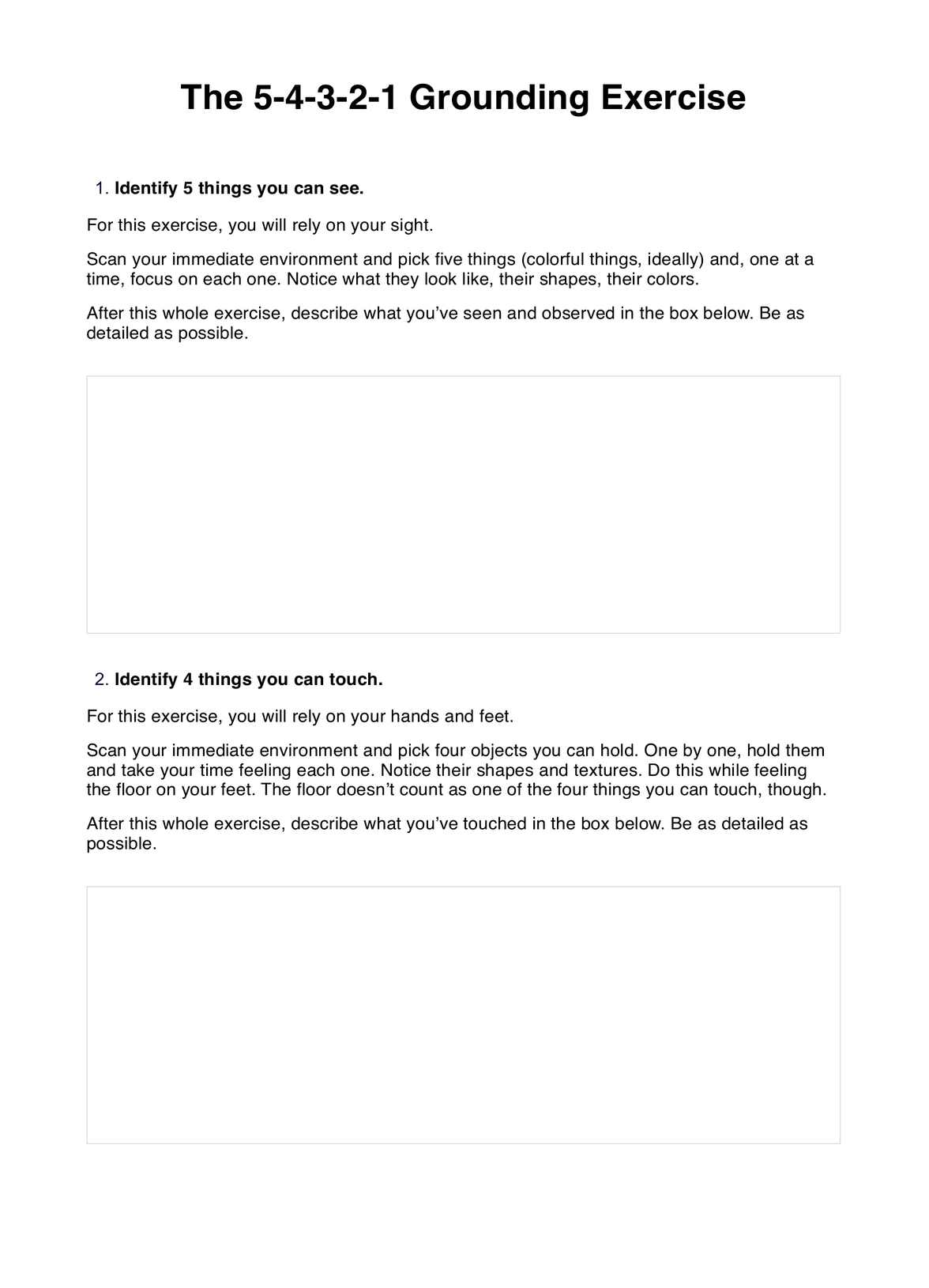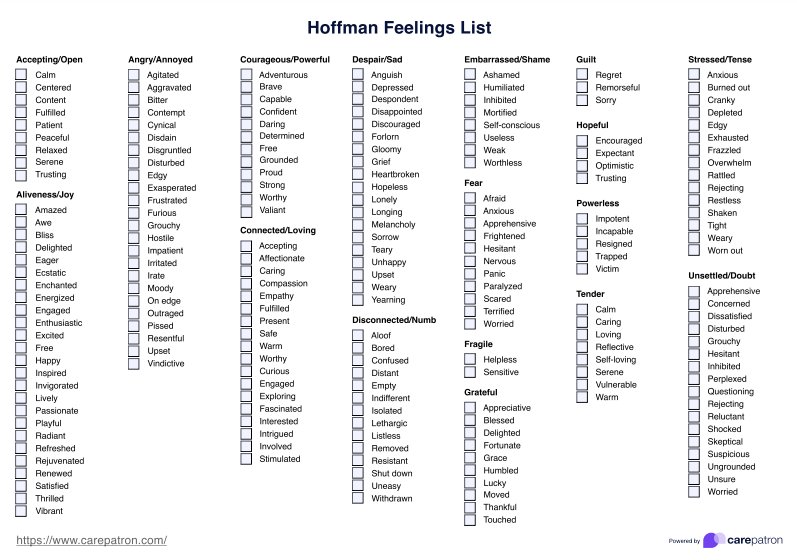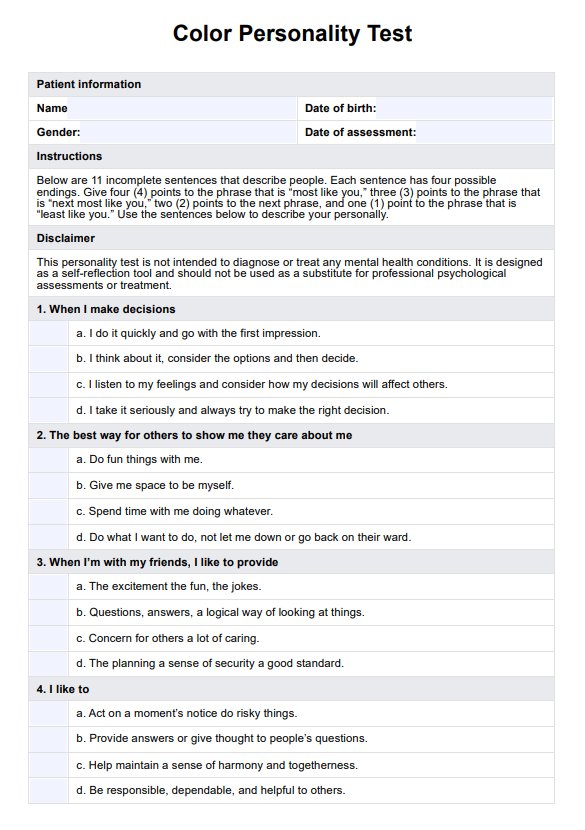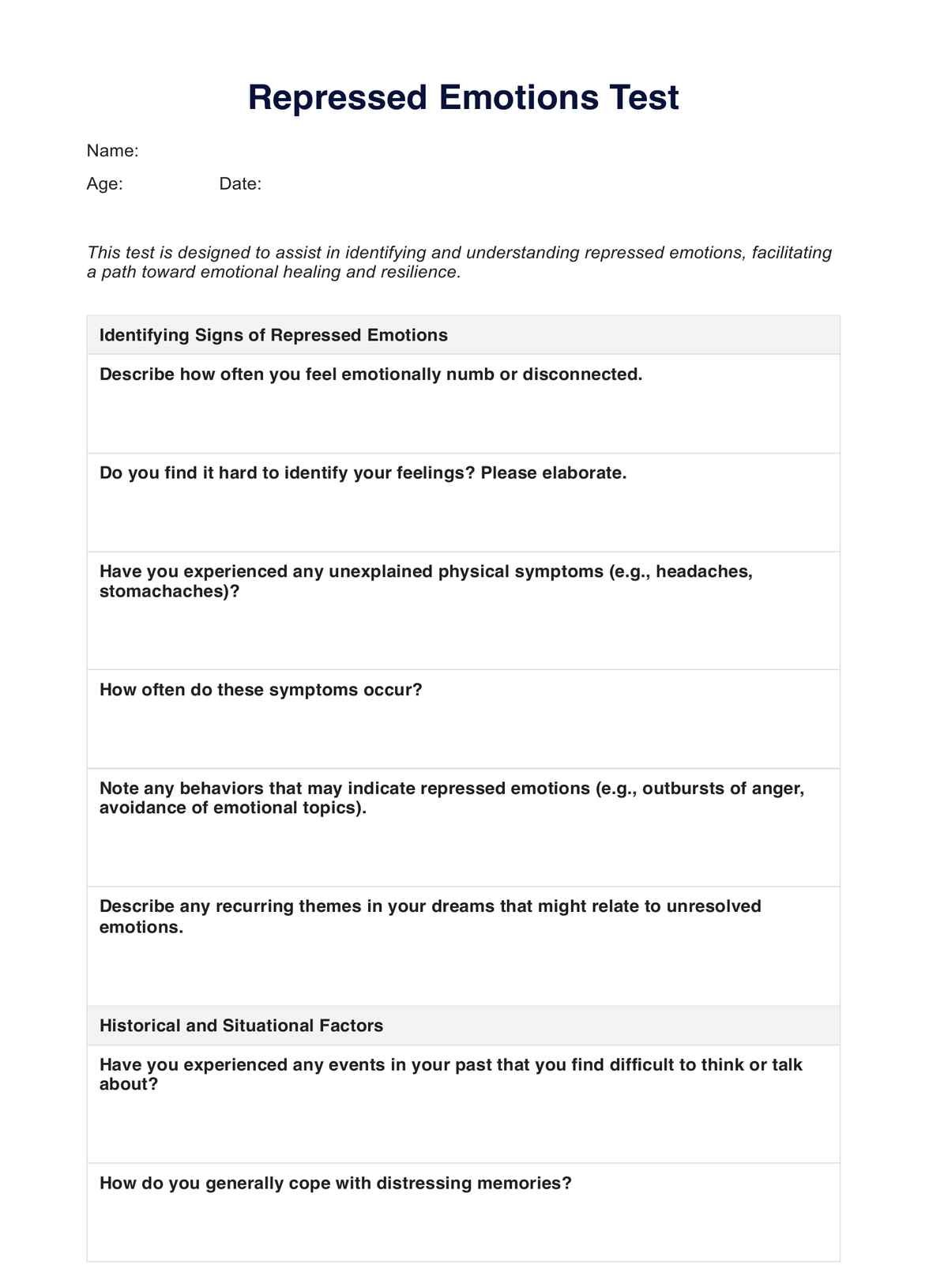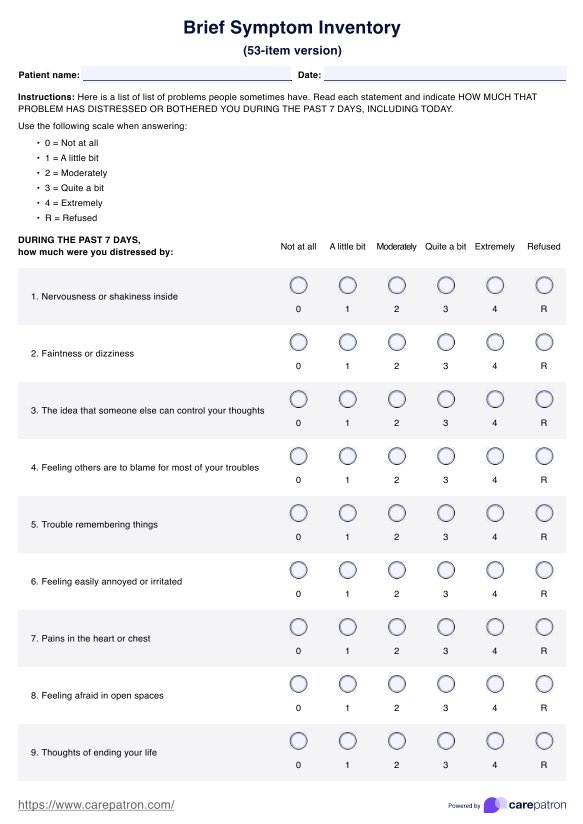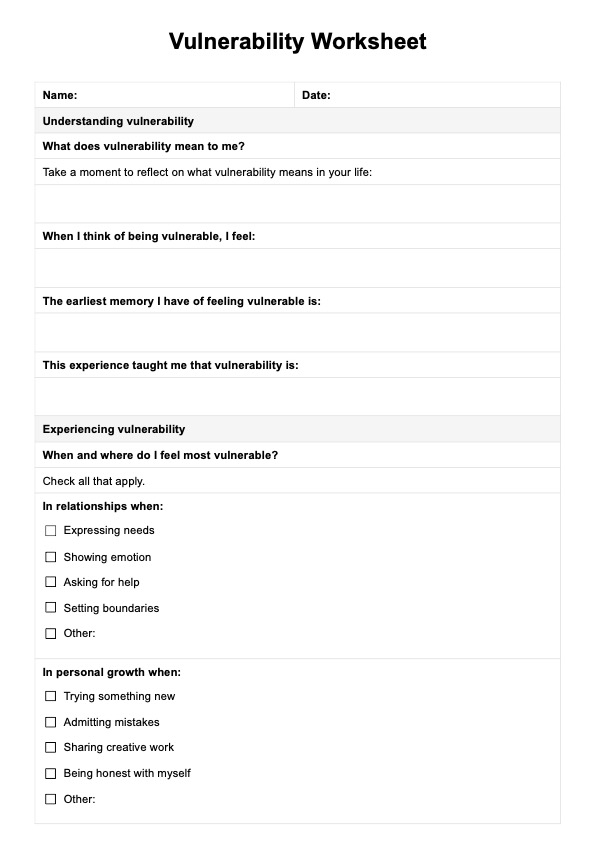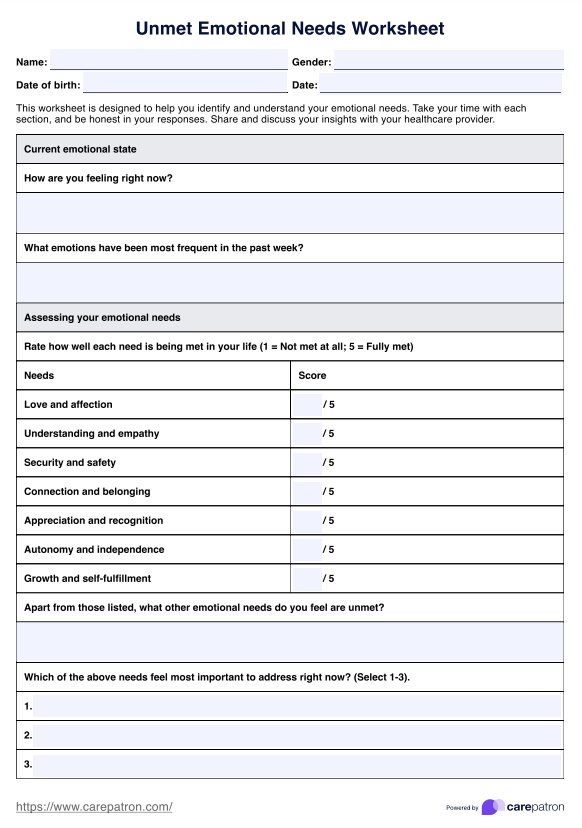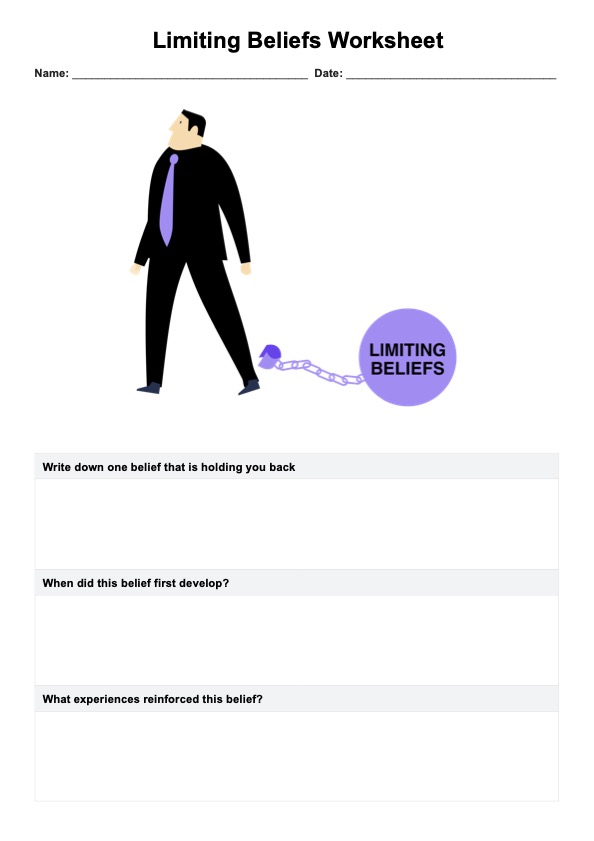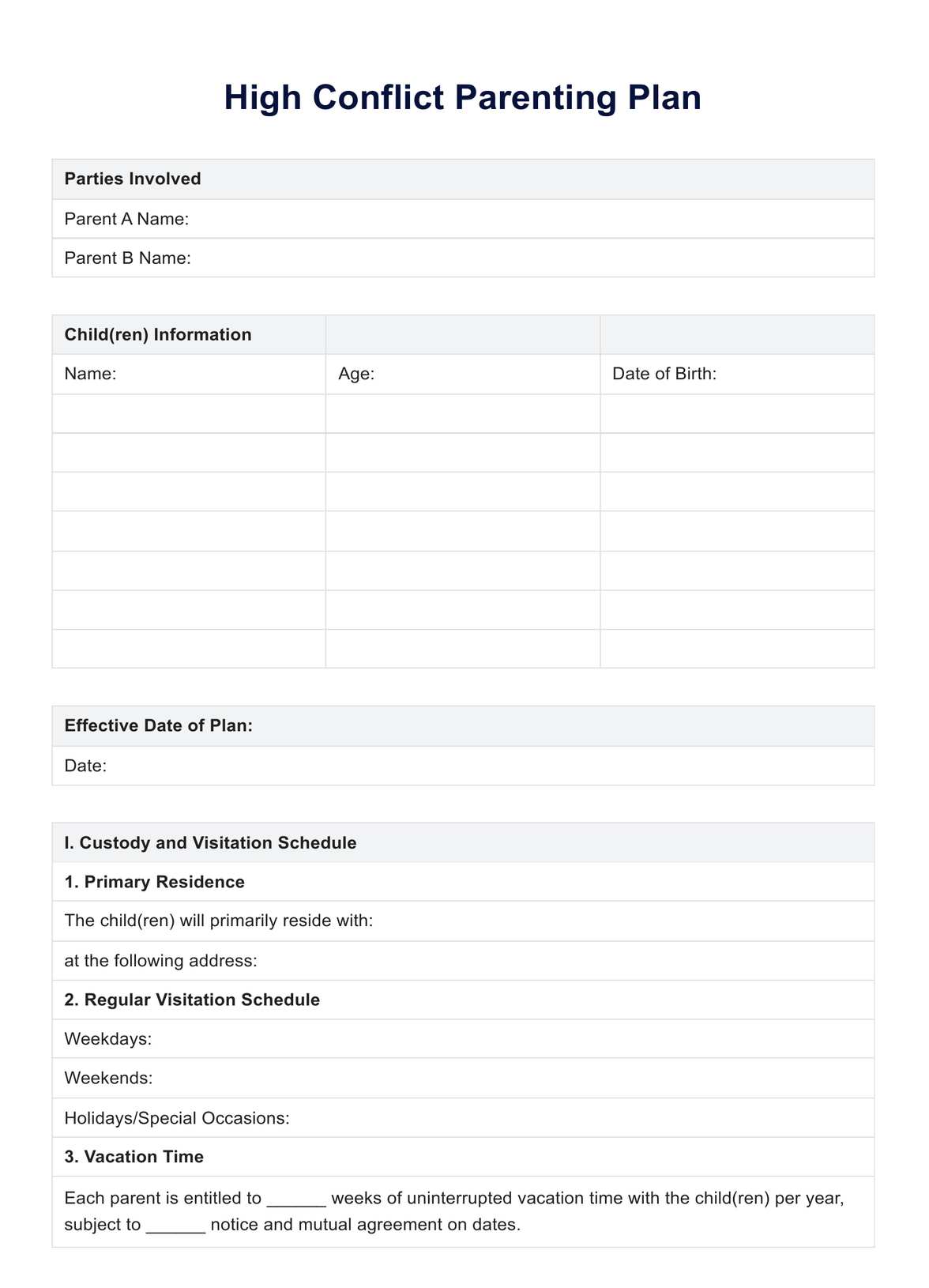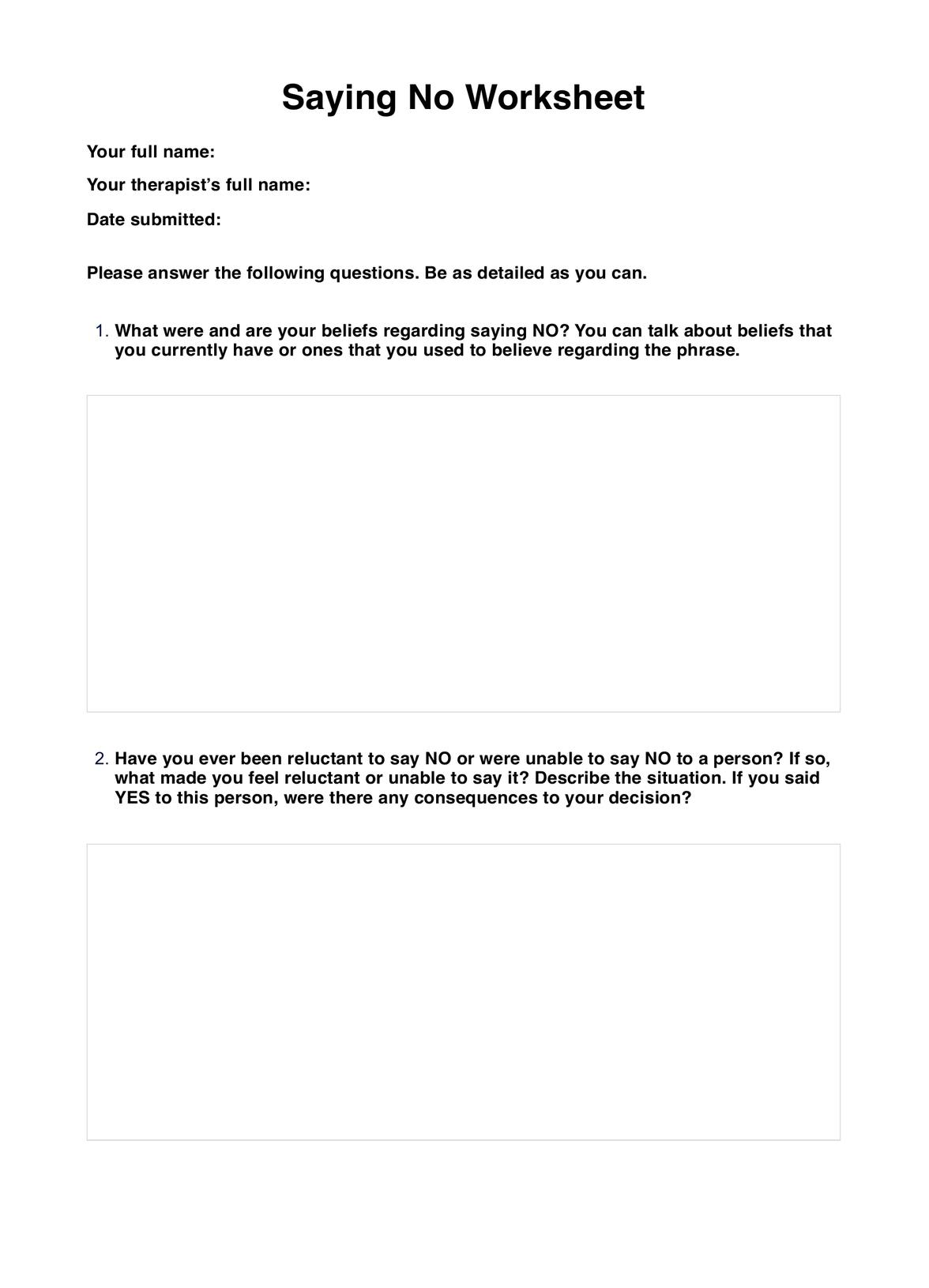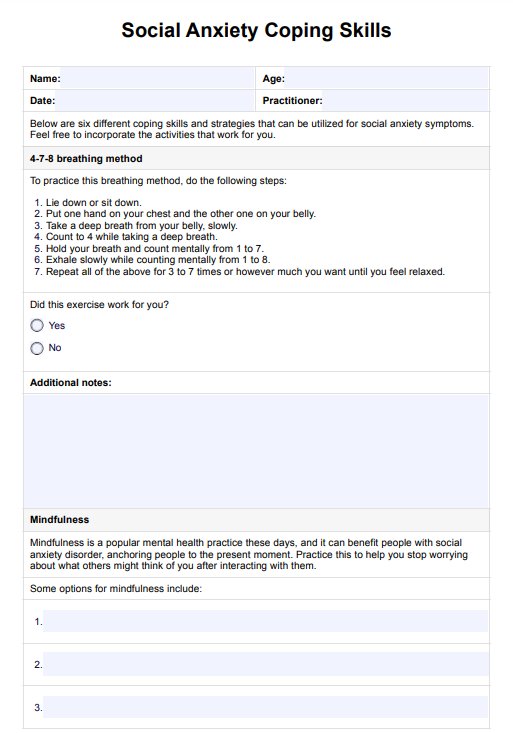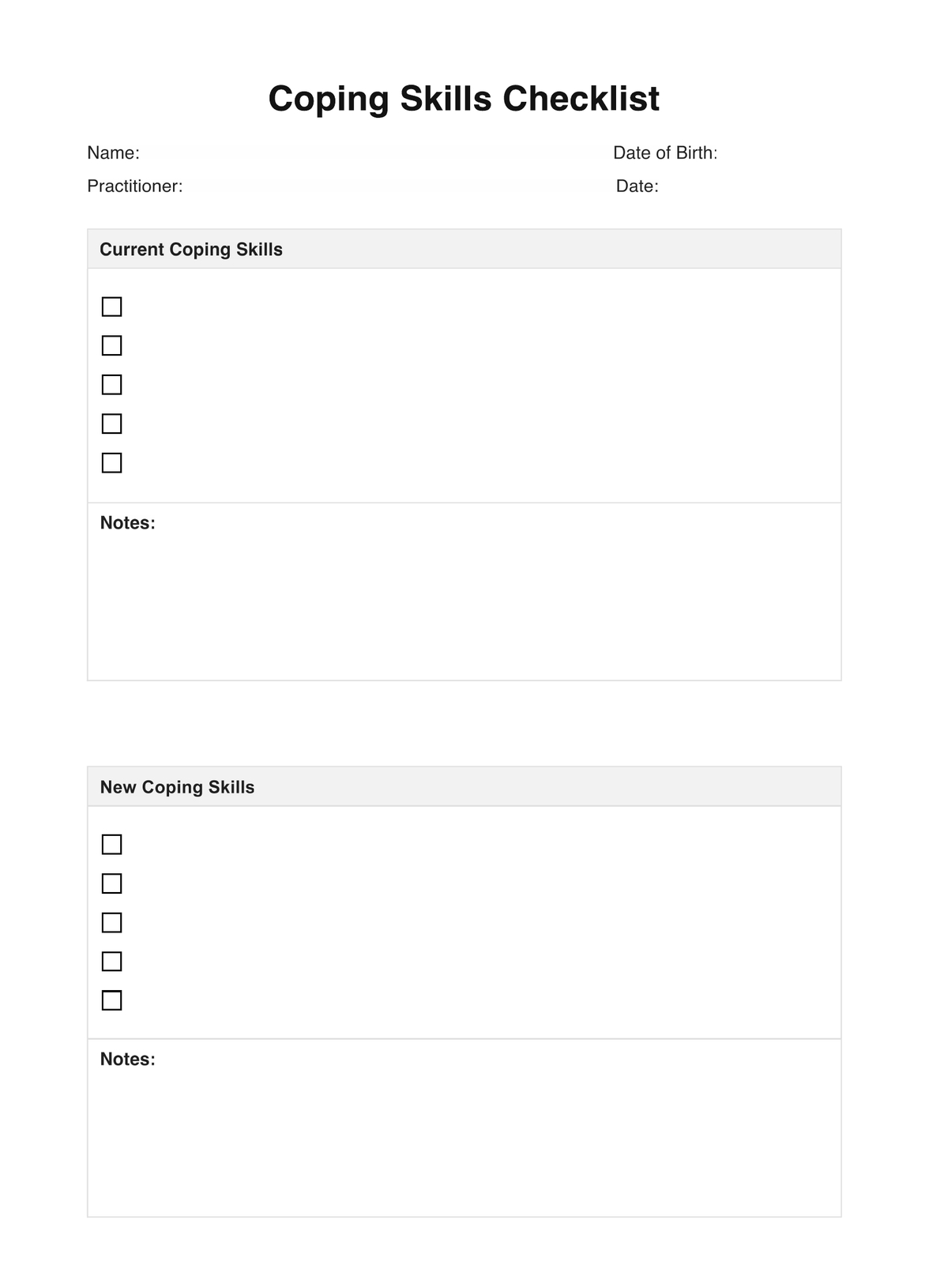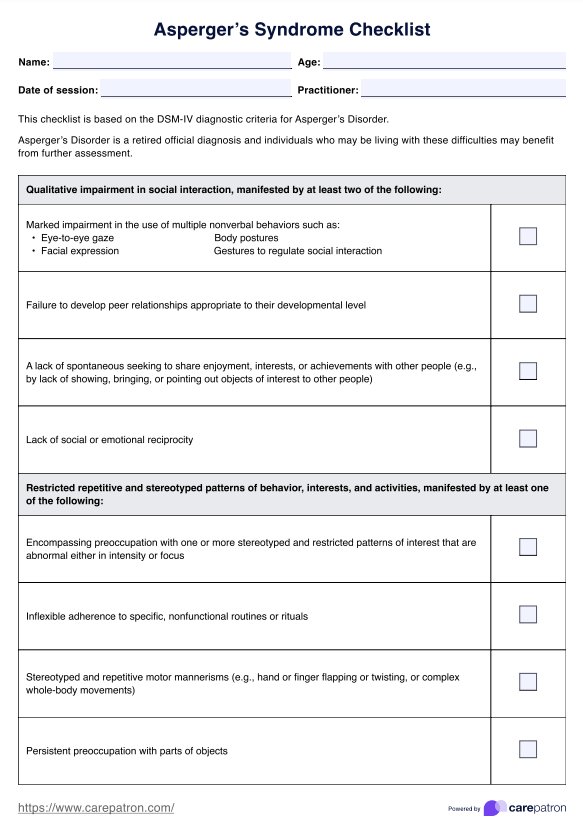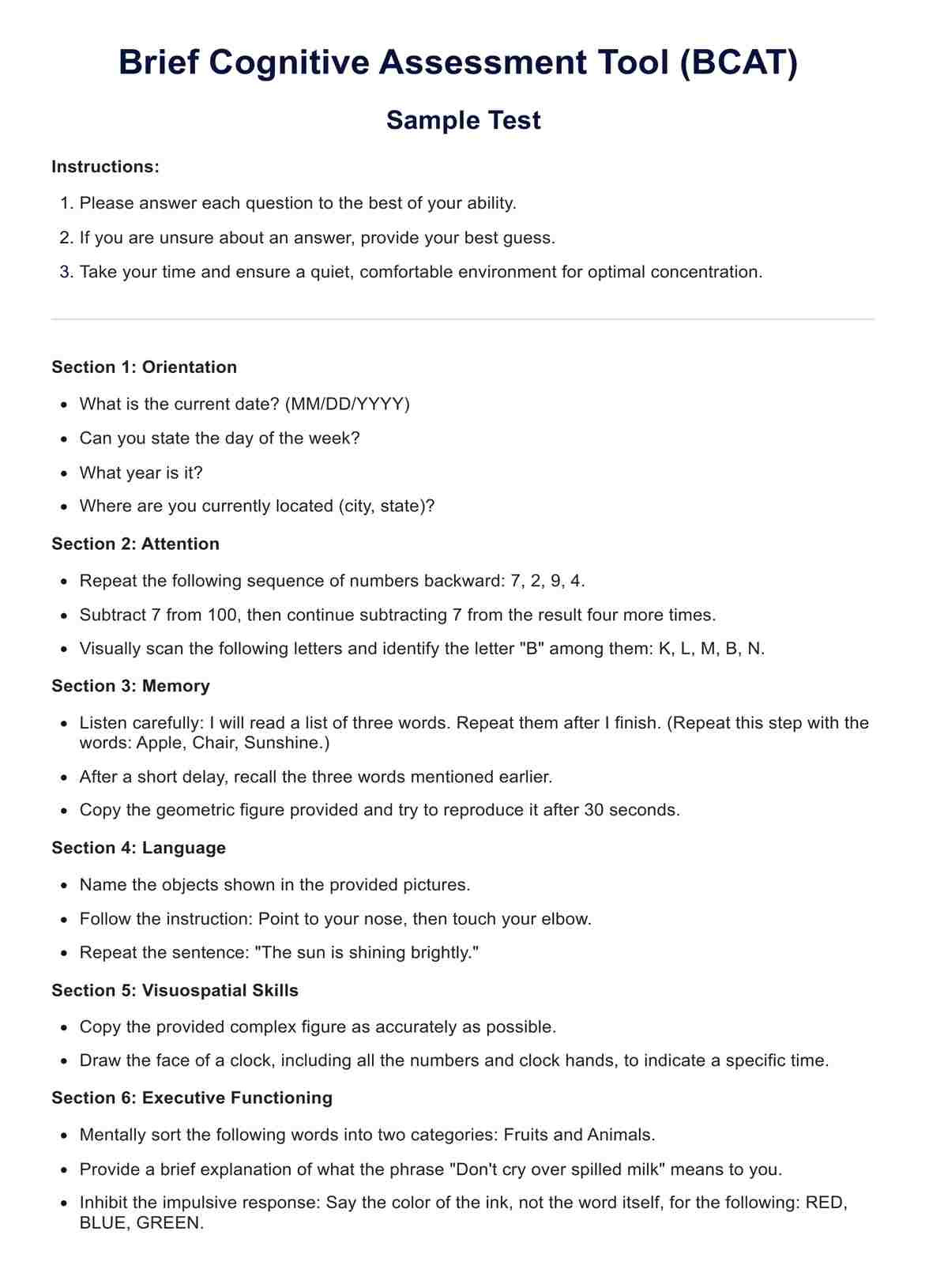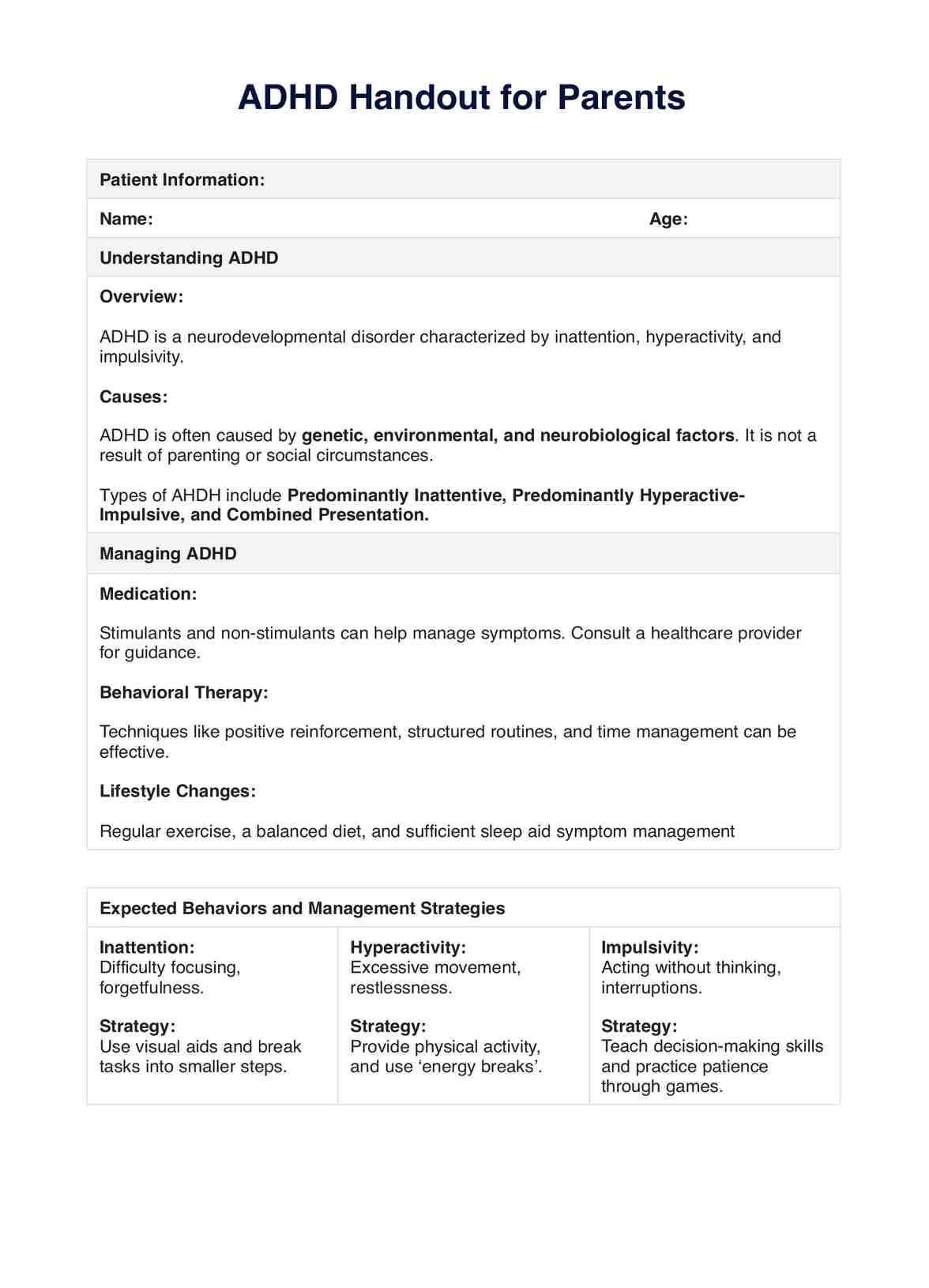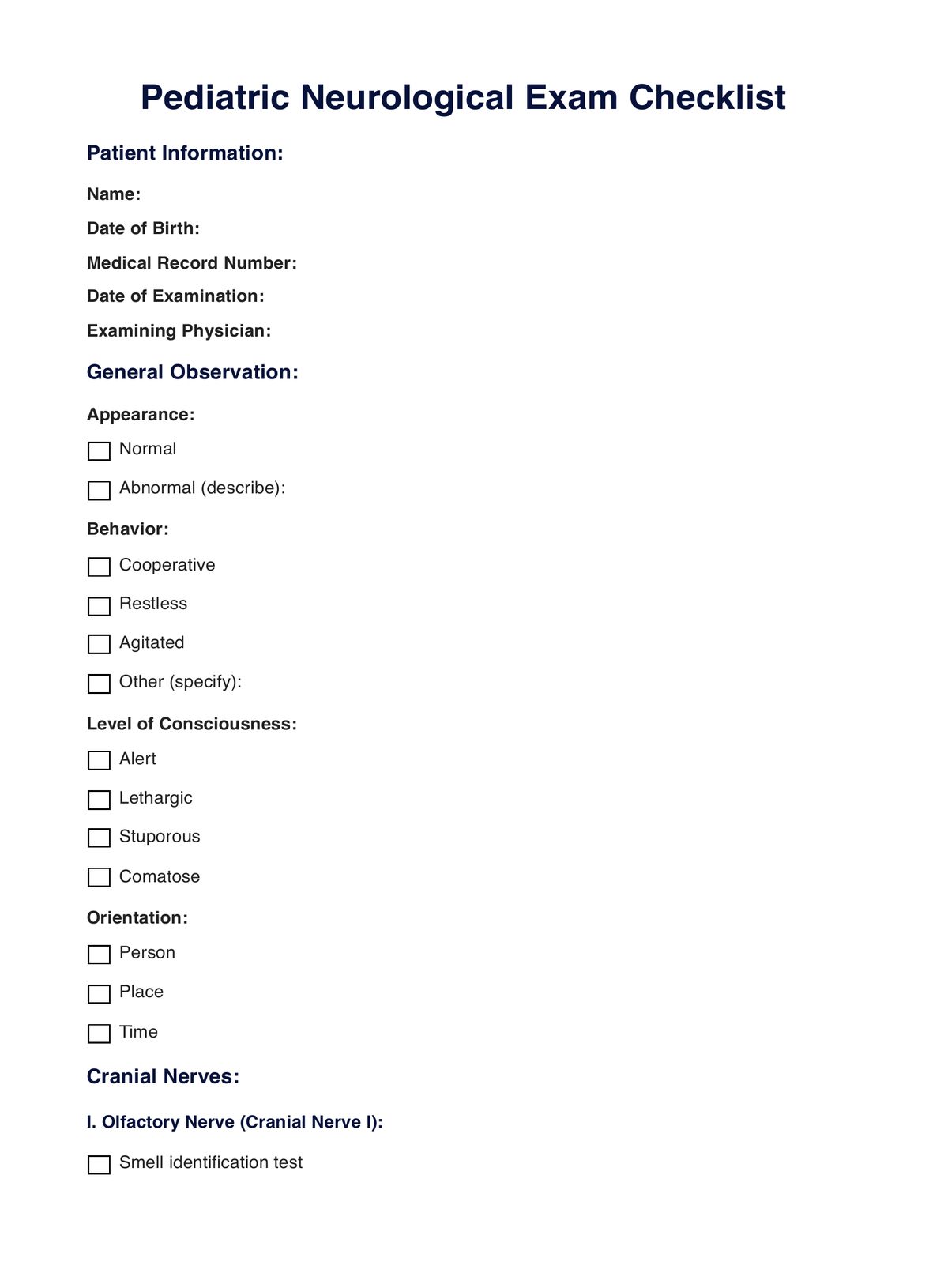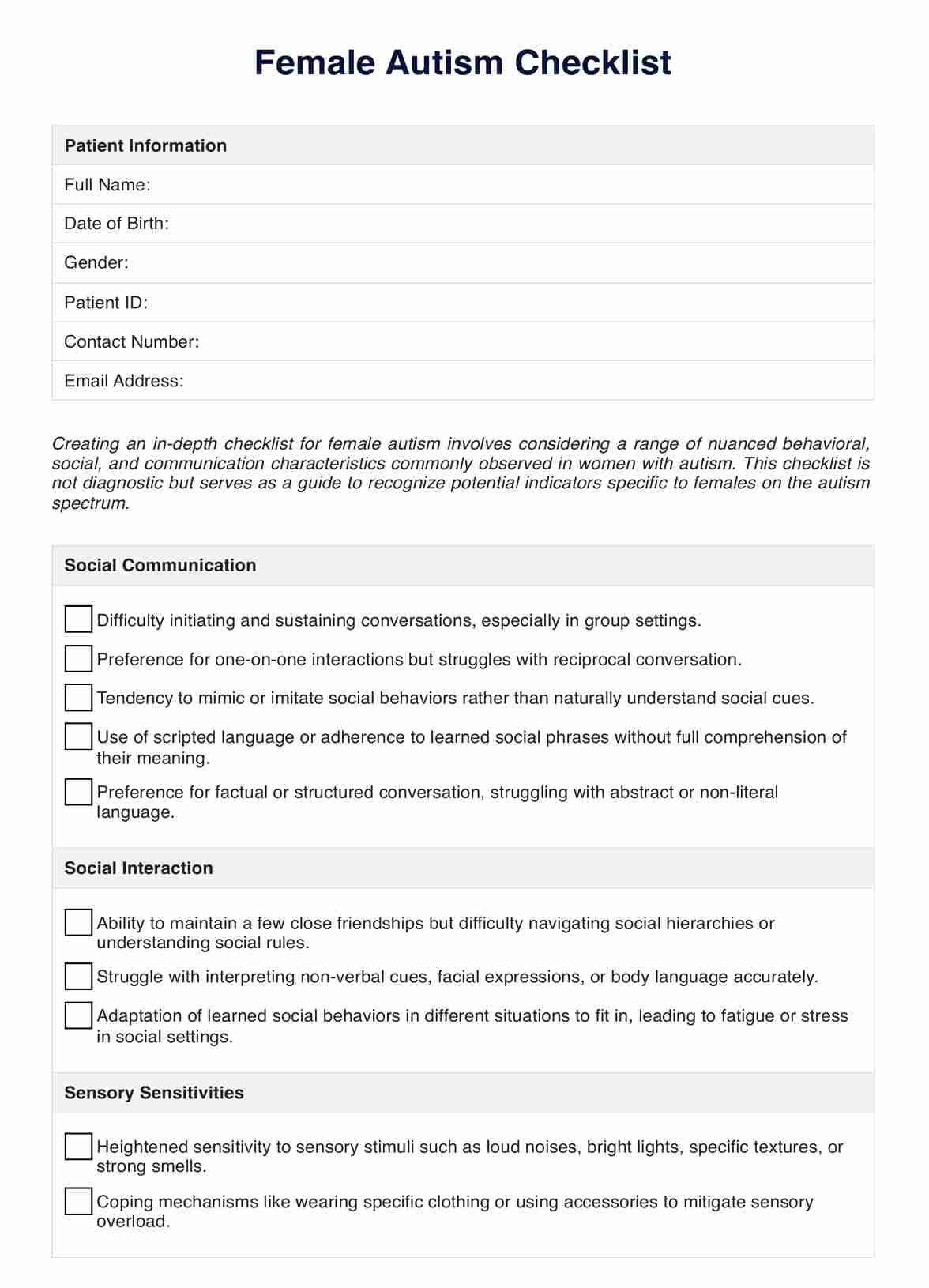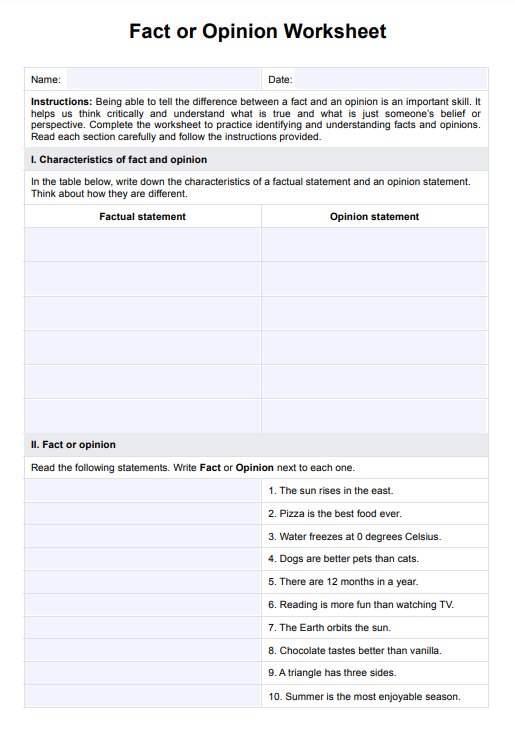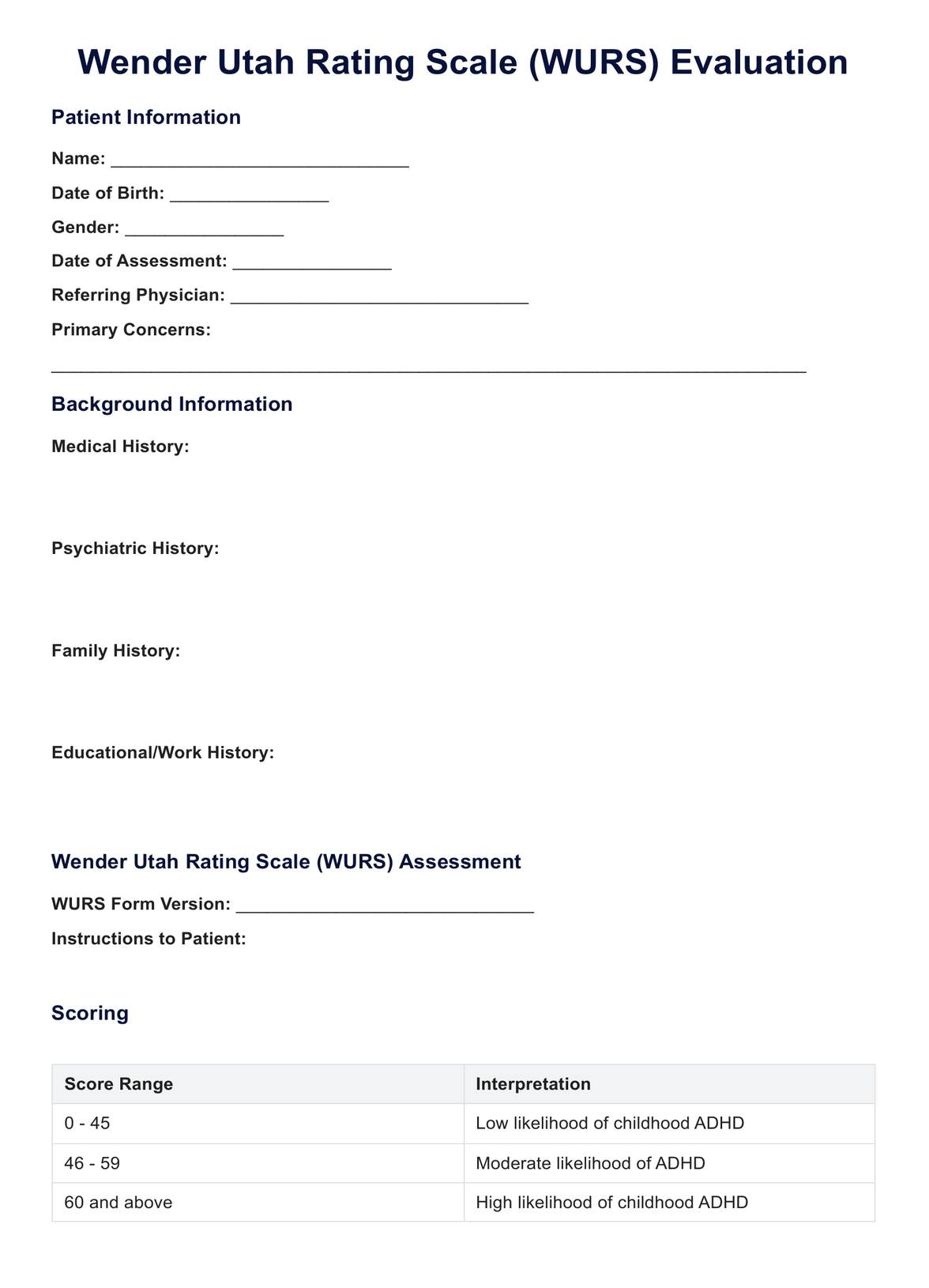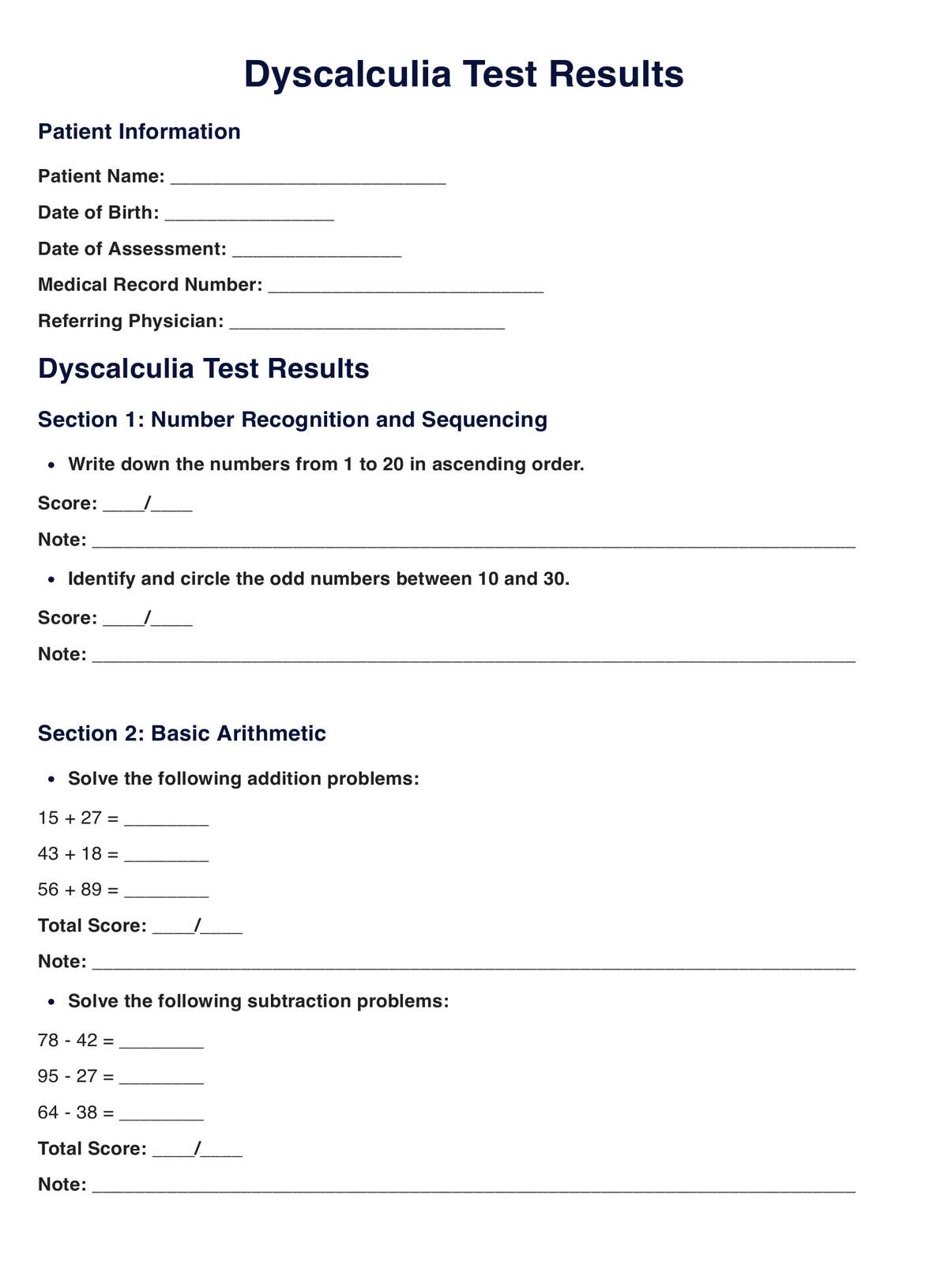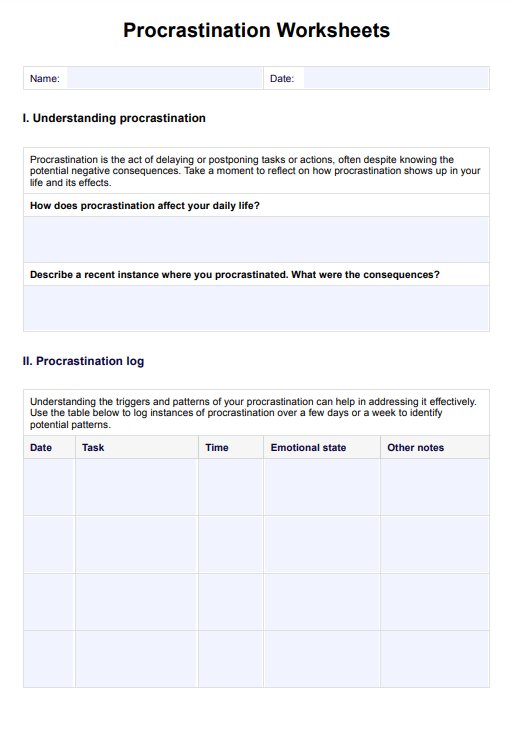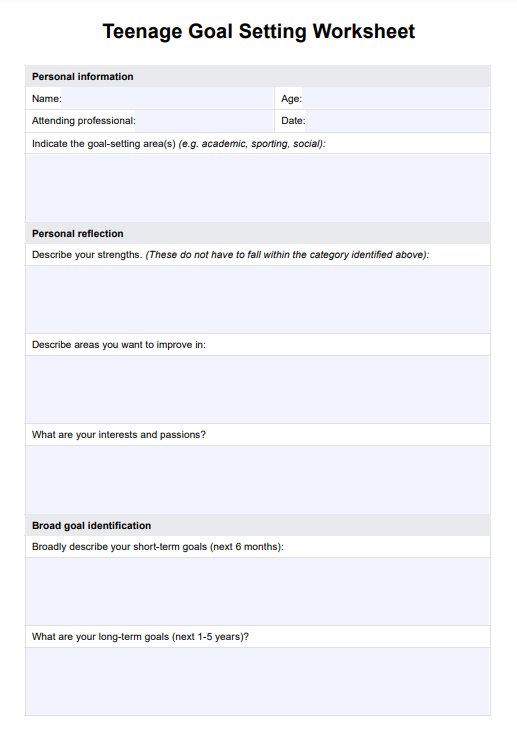Devereux Student Strengths Assessment
Access our helpful Devereux Student Strengths Assessment template for comprehensively evaluating a child's social-emotional competencies.


What is the Devereux Student Strengths Assessment?
The Devereux Student Strengths Assessment (DESSA) is a strengths based teacher rating scale designed to assess students' social emotional competence. Applicable to contexts in and out of the classroom, DESSA can help evaluate student growth and identify students who may need support with their social emotional learning.
DESSA is comprised of 72 items designed to measure social-emotional skills and relationship skills in preschool-aged children to early adolescents. Data from DESSA can be used to evaluate school culture, student learning, and the level of social-emotional support children get from teachers and parents. DESSA comprehensively measures several types of social and emotional competencies, such as relationship skills, personal responsibility, social awareness, self-awareness, and goal-directed behavior.
DESSA's ability to provide direction on areas of improvement makes it a highly valuable tool for implementing school-wide social and emotional learning programs. It is also a useful preliminary step in mental health programs to identify which students are falling behind their peers in terms of social development. A school psychologist may also find it useful for progress monitoring during ongoing intervention.
In some cases, school psychologists or educators may administer the DESSA-mini (a short-form version with eight items) to the whole class and then complete the full DESSA only to those flagged as at risk of low social understanding. The DESSA is designed for teachers to assess students aged kindergarten to grade 8. Grades 9-12 can be assessed using the self-report version known as DESSA HSE.
Devereux Student Strengths Assessment Template
Devereux Student Strengths Assessment Example
How to conduct the Devereux Student Strengths Assessment?
Our free printable DESSA template is designed to be straightforward and easy to use, for educators and psychologists. Here are the key steps to making the most of this resource:
Step 1: Access the template
Access the Devereux Student Strengths Assessment template by clicking "Use template." This opens the template in the Carepatron app's template viewer, where you can edit it, fill it out, or print it. Alternatively, you can click "Download" to get a free, non-customizable PDF that can still be filled out digitally or printed out.
Step 2: Distribute the template
Provide the educator with one form for every child who requires assessment. Ensure teachers are well-versed in the assessment instructions and process. Ensure the child's name and any other key details are included at the top of the form.
Step 3: Conduct the assessment
The teacher should complete all 72 questions, basing their answers on their observations of that child's behavior in the last four weeks. They must have worked closely with the child for at least four weeks leading up to the assessment.
Scoring
To score the test, first sum the total number of points over every question. This provides a social-emotional composite (SEC) raw score. The DESSA assesses eight domains of social-emotional functioning, including:
- Self-awareness: accurately understanding own strengths and weaknesses, desire for self-improvement
- Social awareness: understanding and respect for others' differing beliefs, ideas, and behaviors; recognition of own impact on others, cooperation, and tolerance
- Self-management: control or regulation of own emotions and behaviors, ability to complete a task and face challenges
- Goal-directed behavior: beginning and persisting with tasks of varying difficulty to achieve an objective
- Relationship skills: socially acceptable behavior, building and maintaining positive social connections
- Personal responsibility: displaying careful forethought and reliability in actions, contributing to team efforts
- Decision making: problem-solving, drawing on learnings from own and others' experiences, accepting responsibility for decisions
- Optimistic thinking: confidence, hopefulness, growth mindset, positive thoughts about the self, future, and abilities
Each question on the DESSA measures one of these domains. Calculate raw scores for each domain by summing the points from the corresponding set of questions (these are provided on the template).
To interpret raw scores in a meaningful way, they must be turned into T-scores, which are based on the standardization sample ratings with a mean of 50 and a standard deviation of 10. This can be done using the formula T = z*10 + 50 (where z is the standard z score on the normal distribution). T-scores range from 28 to 72. All DESSA reporting should use T-scores rather than raw scores.
Calculating percentile scores using the appropriate norms table can also be useful. Percentile scores can tell psychologists the percentage of children in the standardization samples who scored at or below the child's score.
Interpretation
After calculating a T-score for the SEC and all eight domains, compare these to standardized norms to identify that child's strengths and weaknesses:
- Strong: T-score of 60+
- Typical: T-score of 41-59
- Weak: T-score of 40 or less
Next steps
Here are some of the potential next steps after conducting the DESSA:
Identify at-risk students
Identify which students have fallen behind their peers in social and emotional competency. For each, identify the specific domains in which they have produced weak scores. These will provide focuses for targeted improvement.
Notify parents
Contact parents to discuss their child's results. Avoid centering this conversation around the child's deficits; instead, work with the parent to understand how the child can be better supported at home and at school.
Intervention
Collaborate with parents and educators to create a targeted intervention plan to support the student's social-emotional learning. This plan may include discussions and activities with the child at home and at school and reward systems for improved behavior.
Ideally, interventions will leverage the child's preexisting strengths to support their new learning. (For example, a child who enjoys physical activity might best learn to understand other's feelings, teamwork, and socially acceptable behavior when it is framed in the context of playing team sports.)
Follow-up assessment
It is important to continually measure improvement for children who need emotional learning support. Conduct periodic follow-up assessments to measure intervention or treatment progress. Ensure you wait at least four weeks between assessments.
Commonly asked questions
The DESSA is a teacher report scale designed to measure a child's social-emotional competence, including self-awareness, social awareness, self-management, personal responsibility, decision-making, optimistic thinking, and relationship skills.
A score of 40 or below on any sub-scale of the DESSA is considered weak. This indicates which areas a child may need support in.
The DESSA is used to identify students (aged kindergarten to 8th grade) who need extra support in their social and emotional development. Unlike the DESSA mini, it is not a screening tool but a validated tool for comprehensive evaluations of a child's social strengths and limitations.


